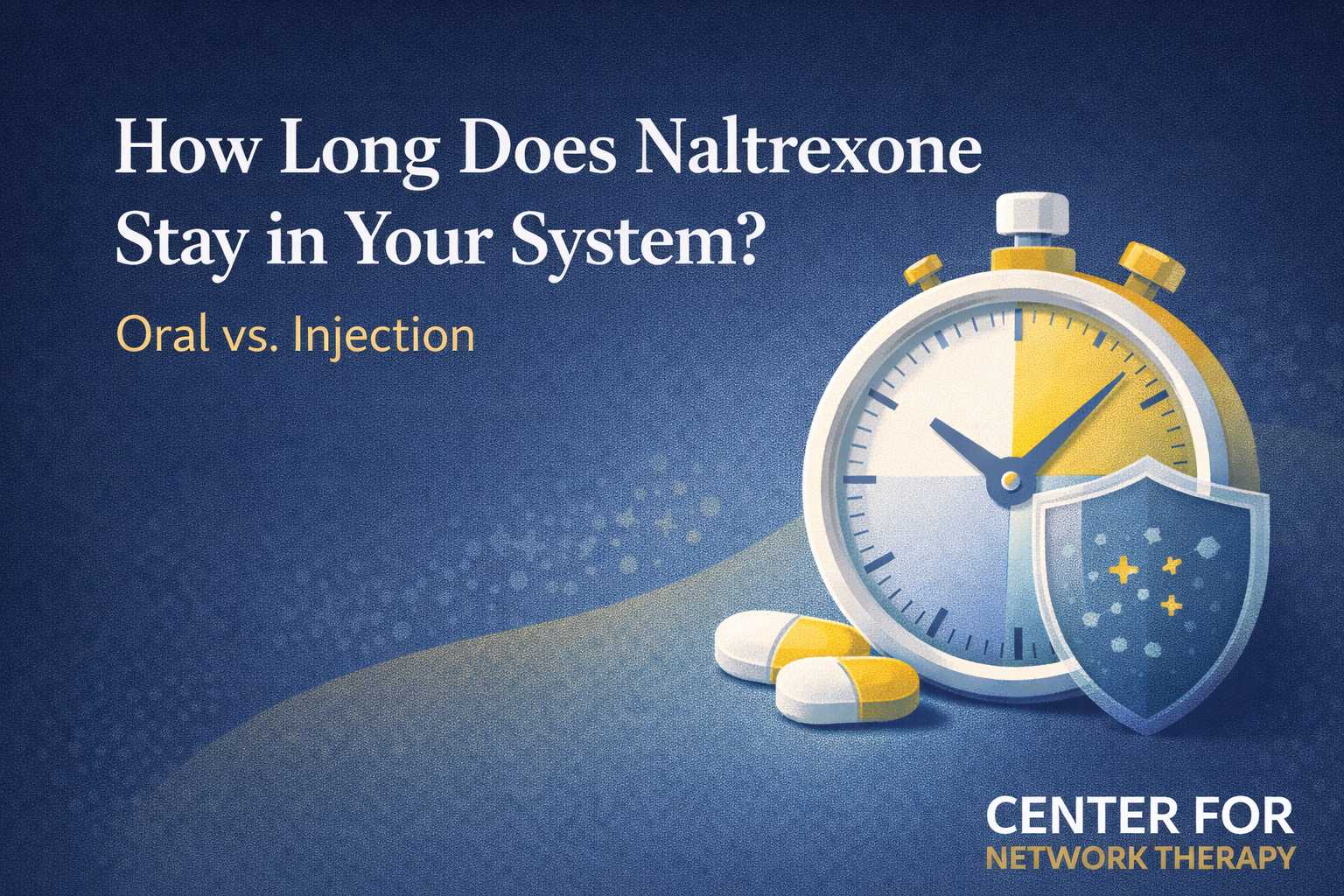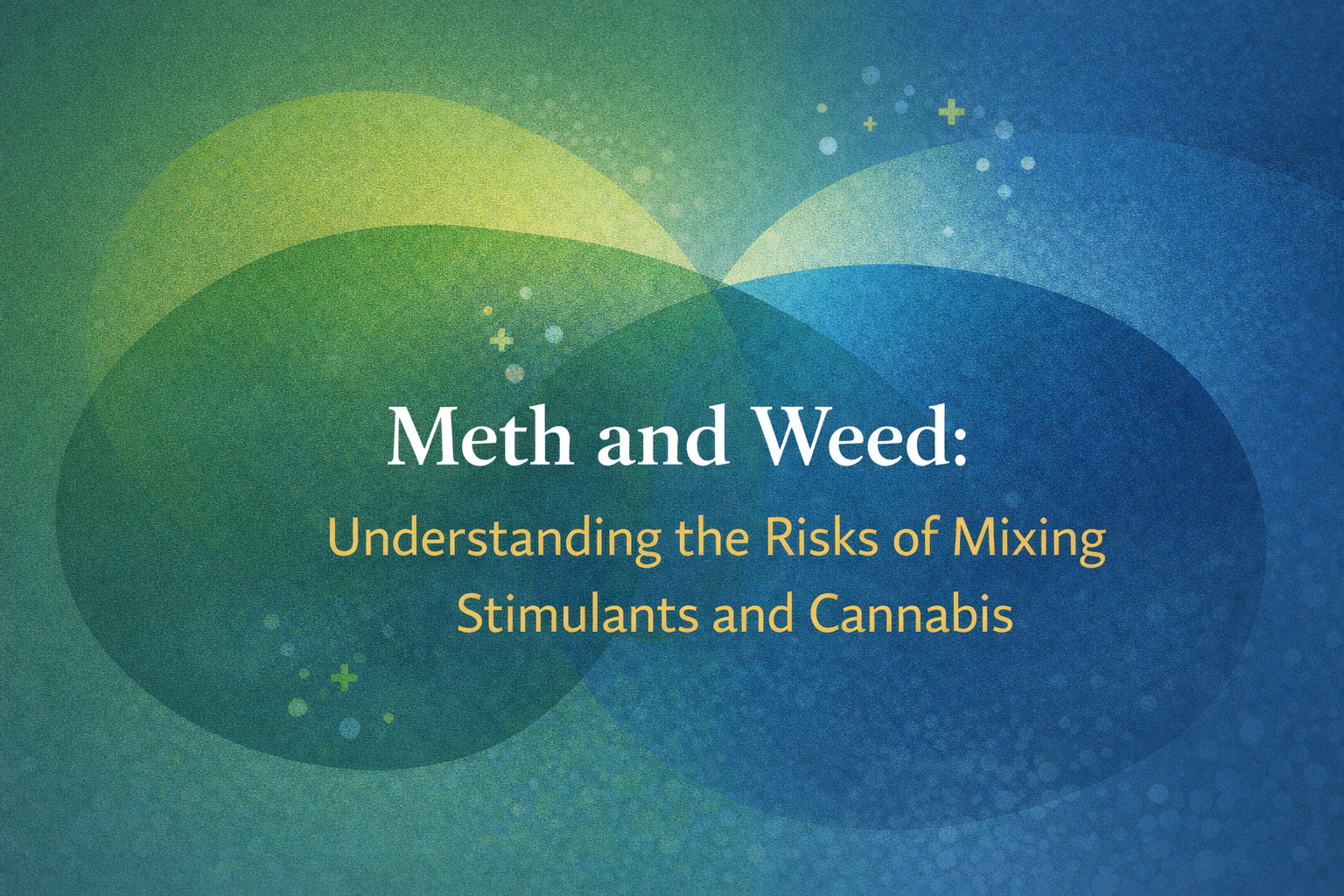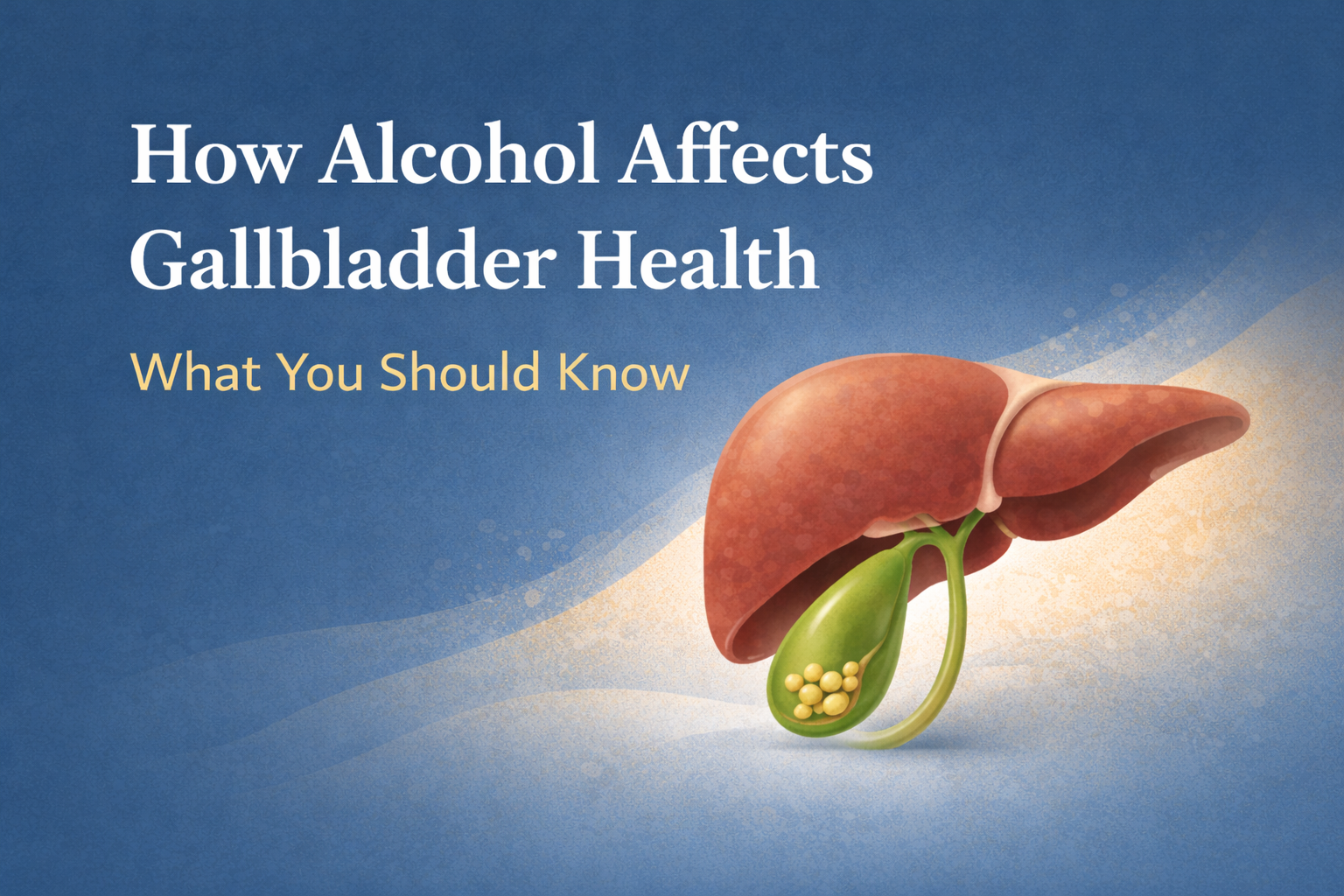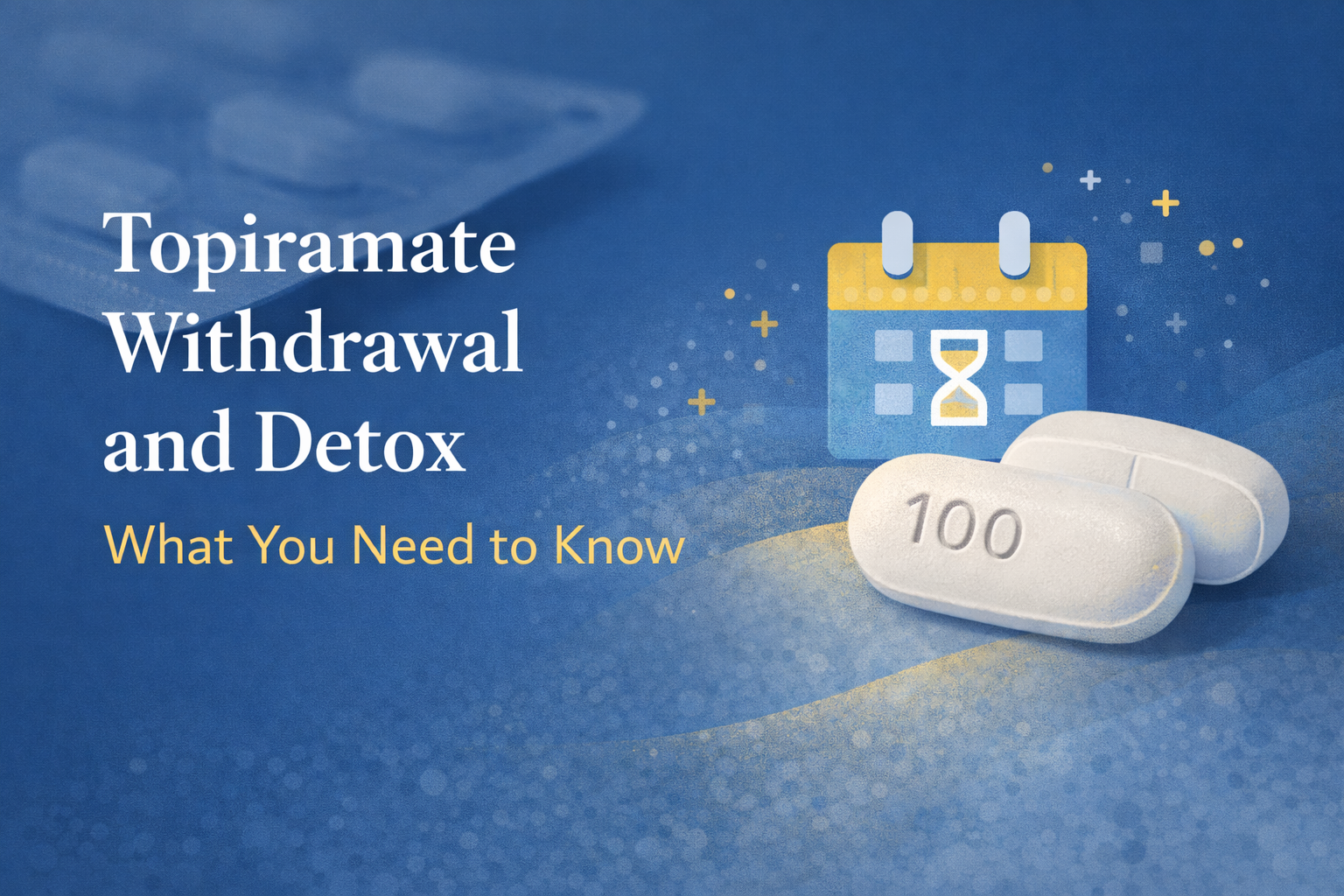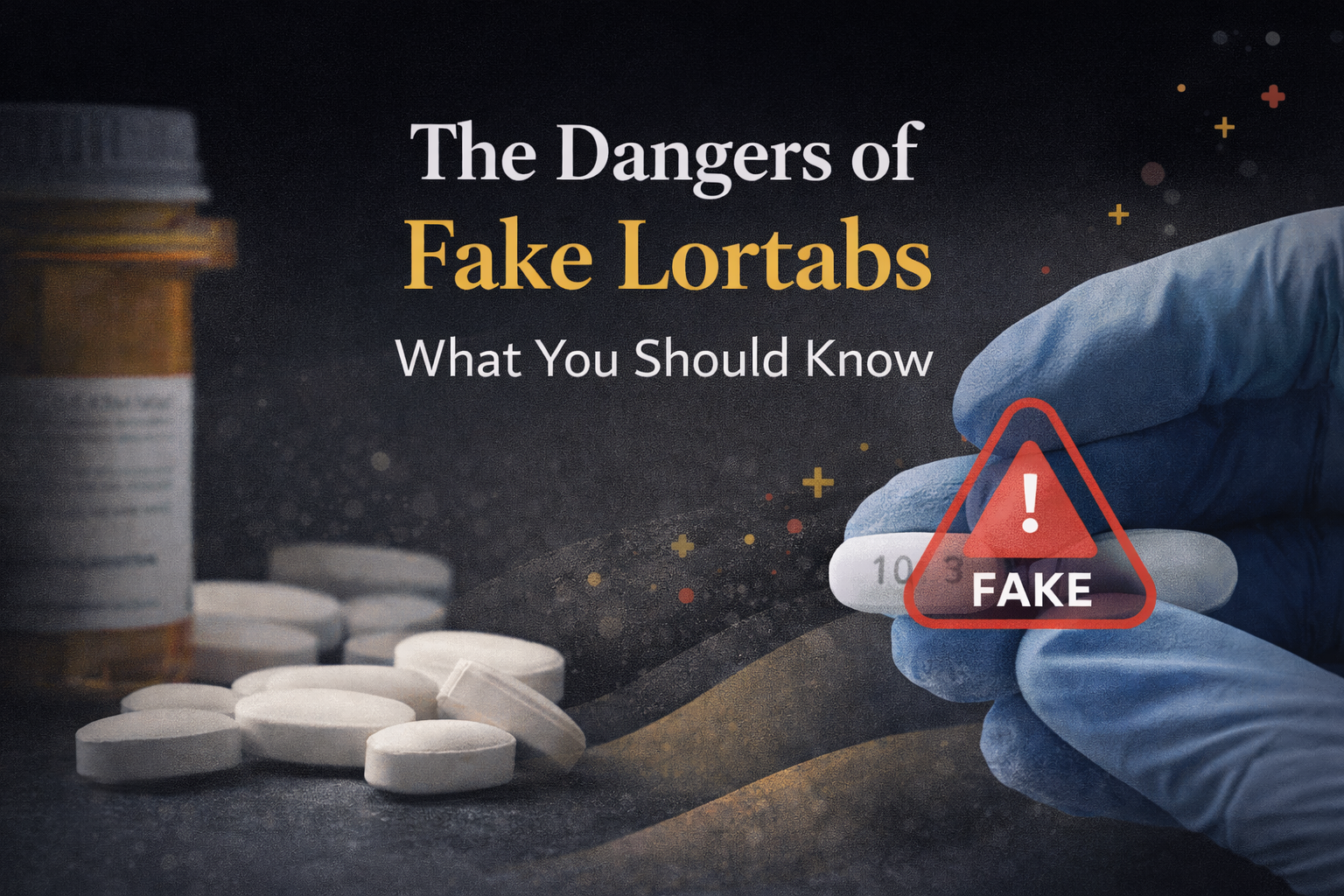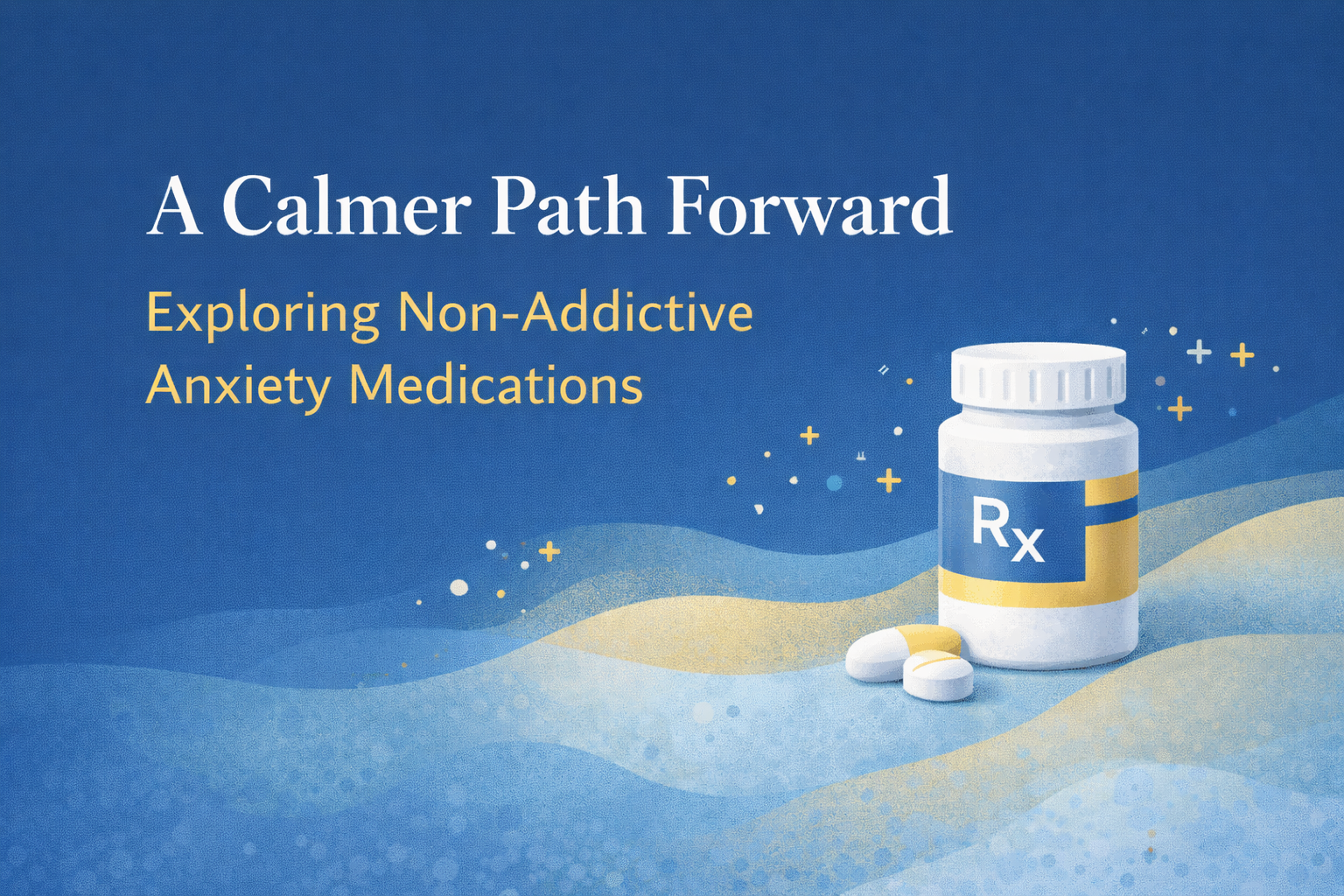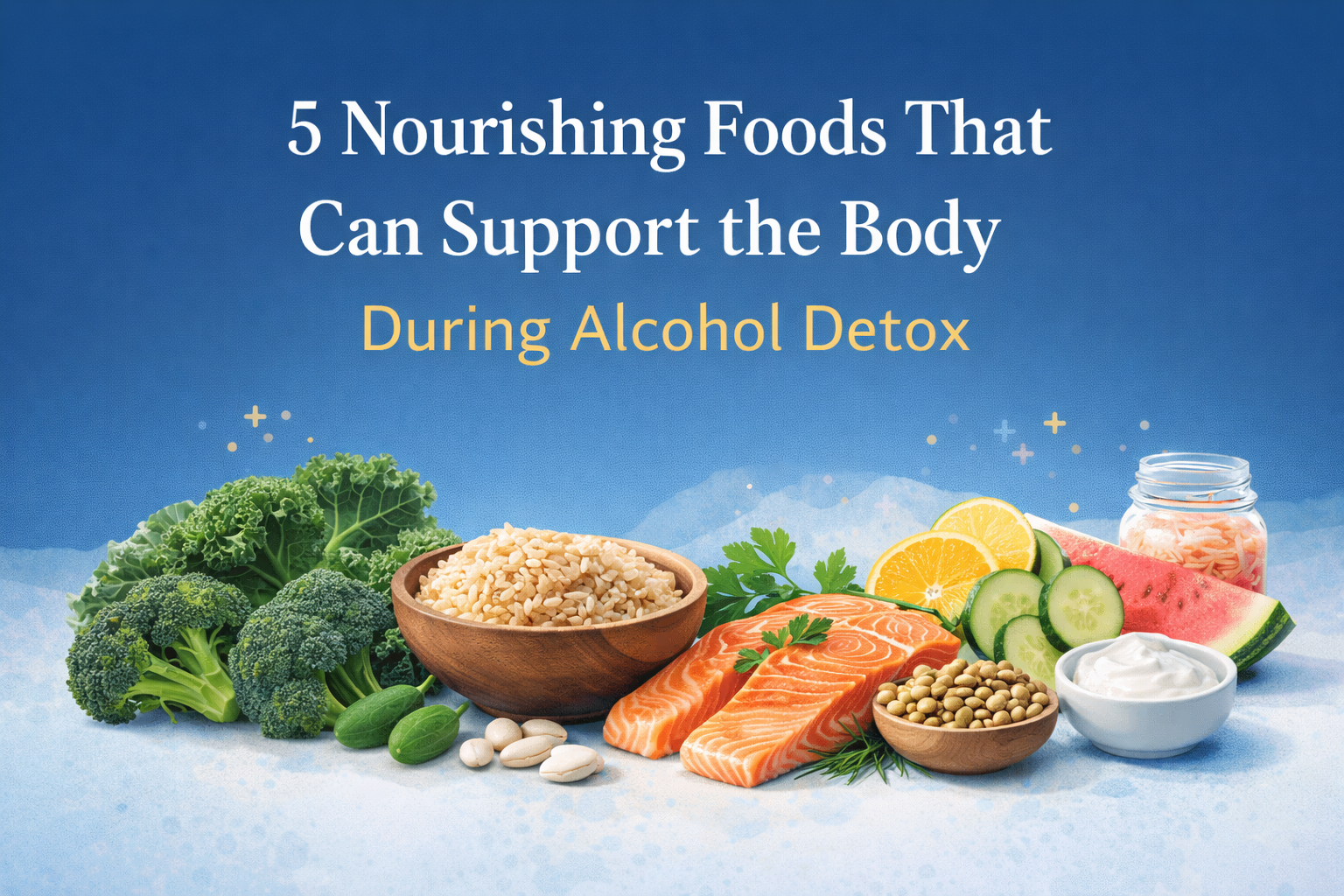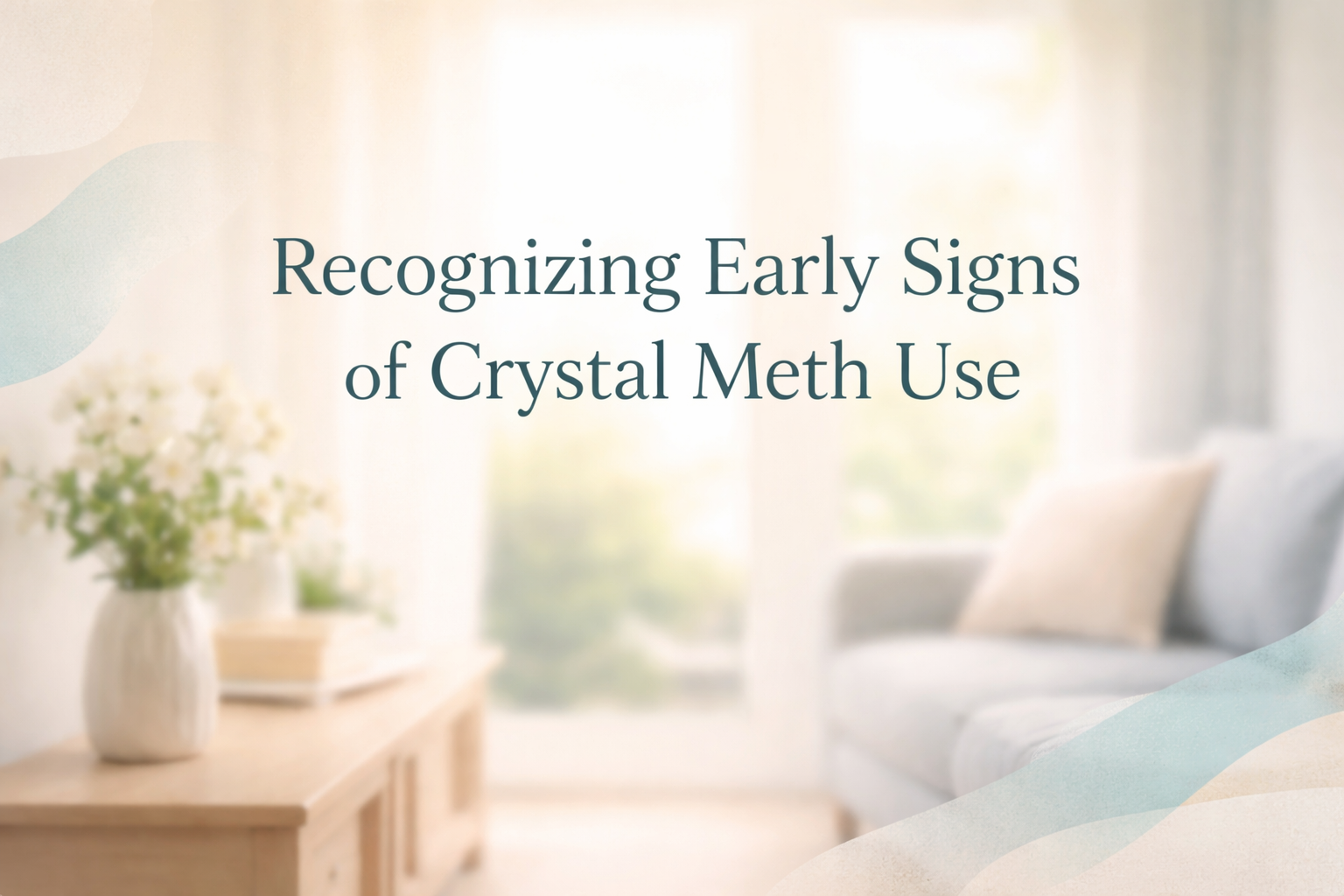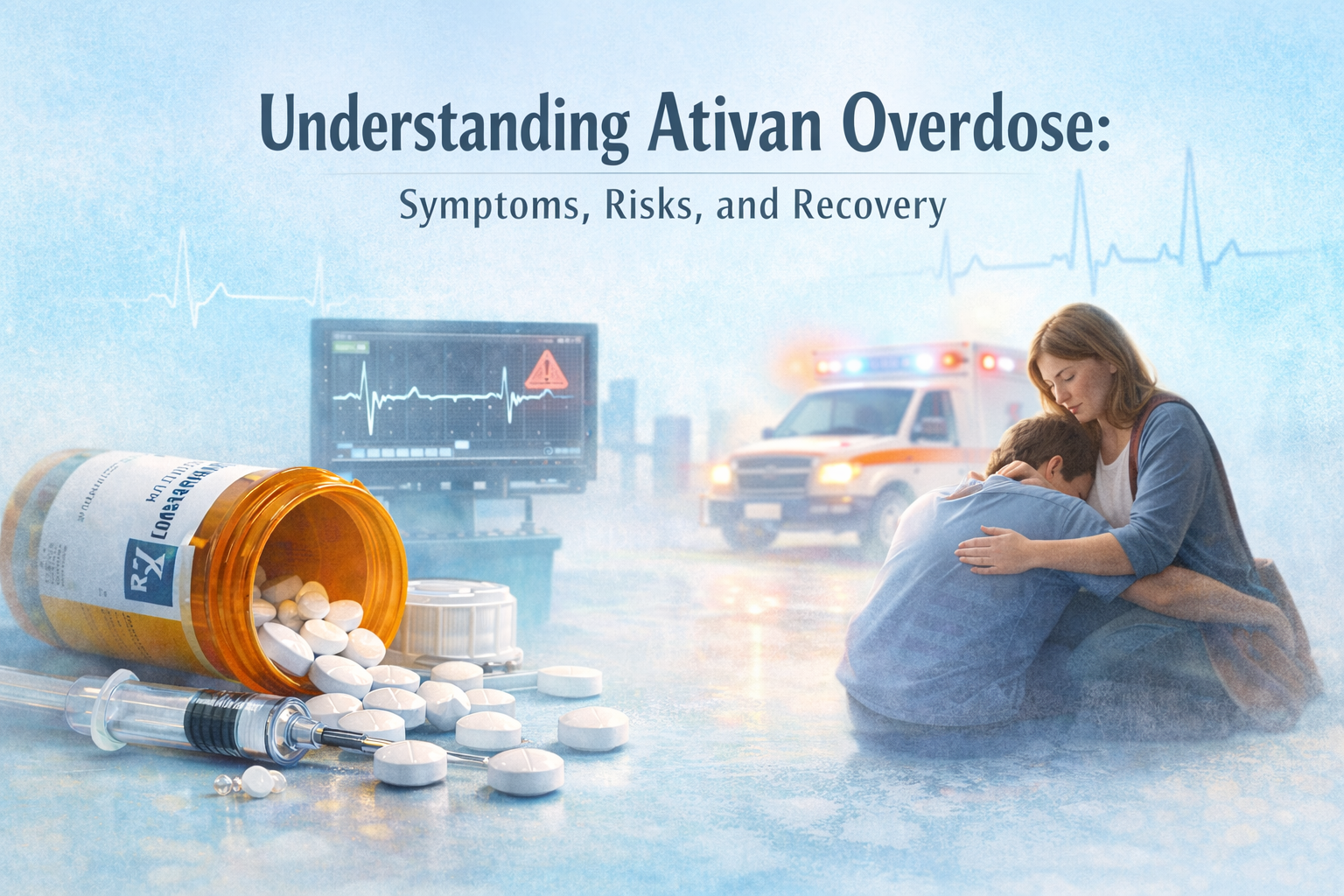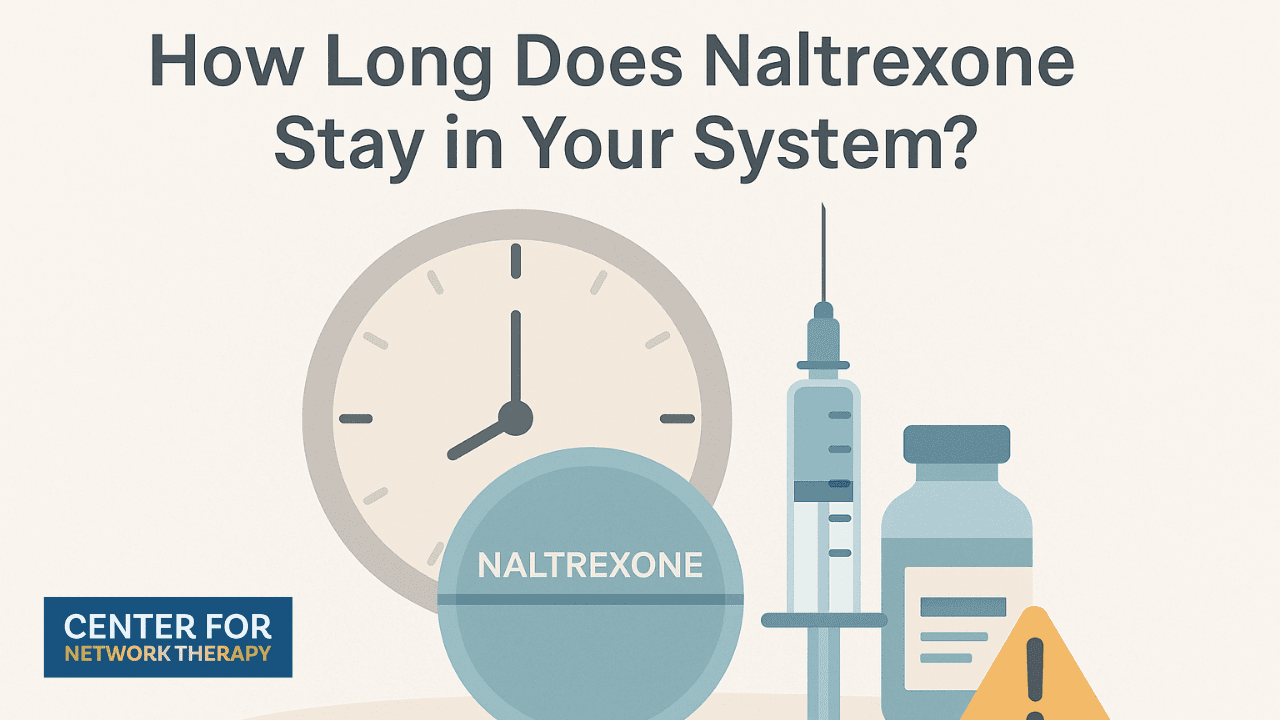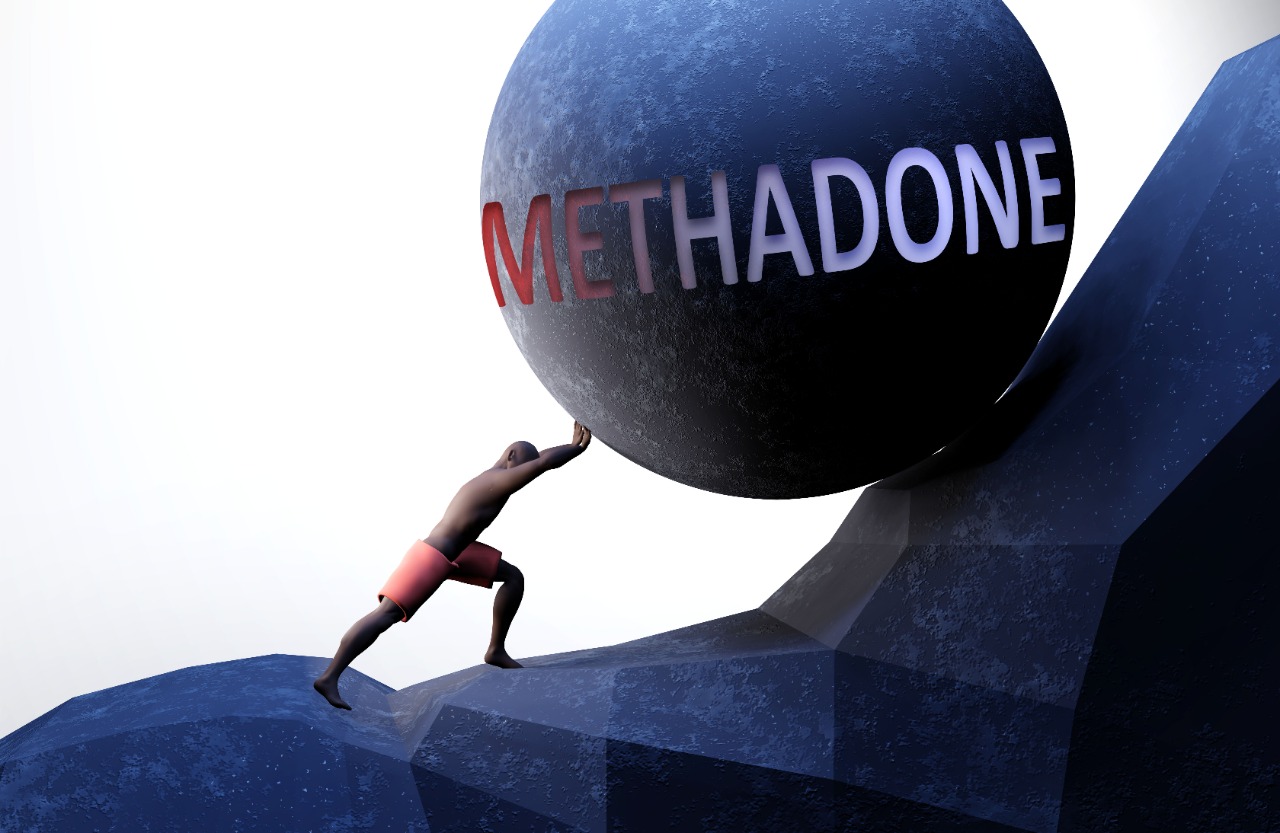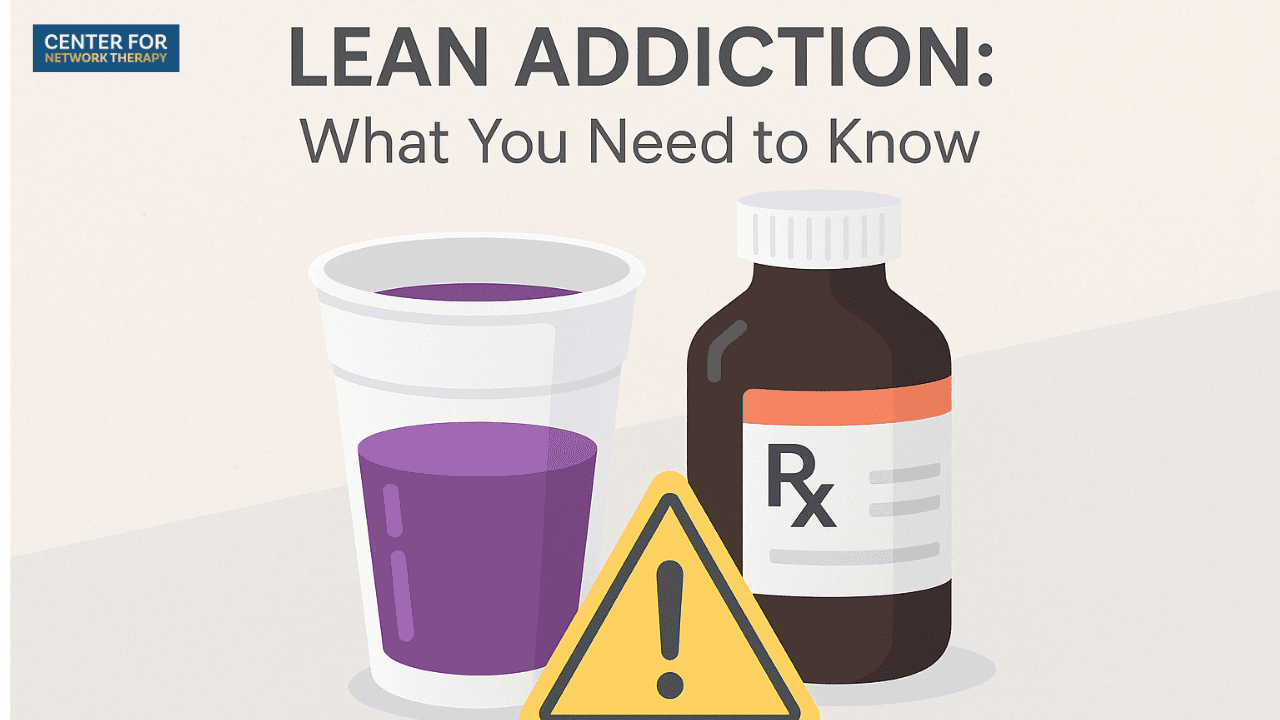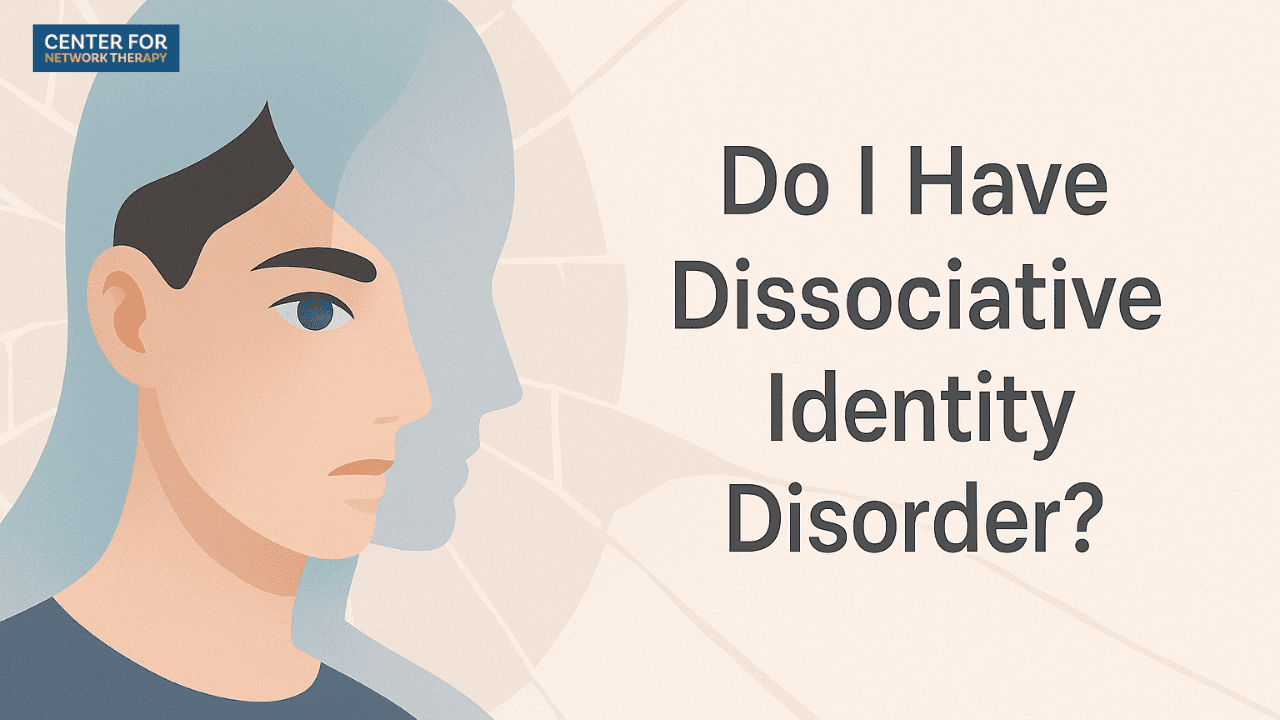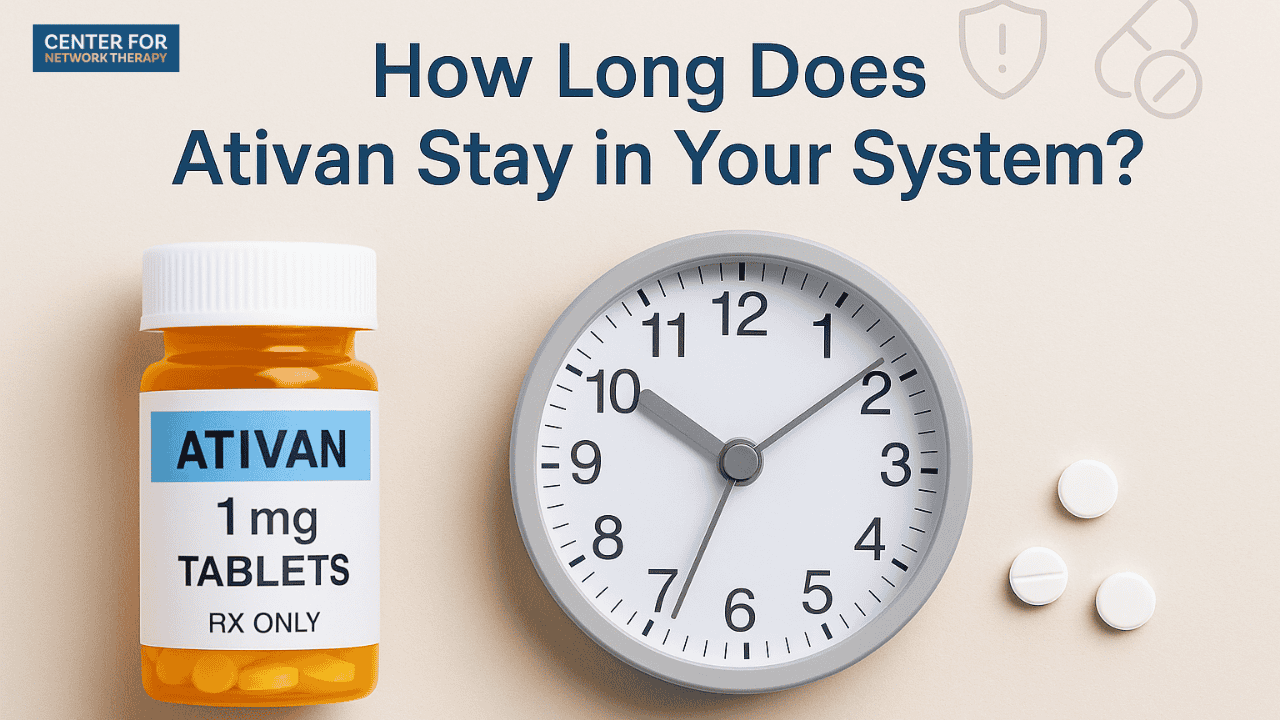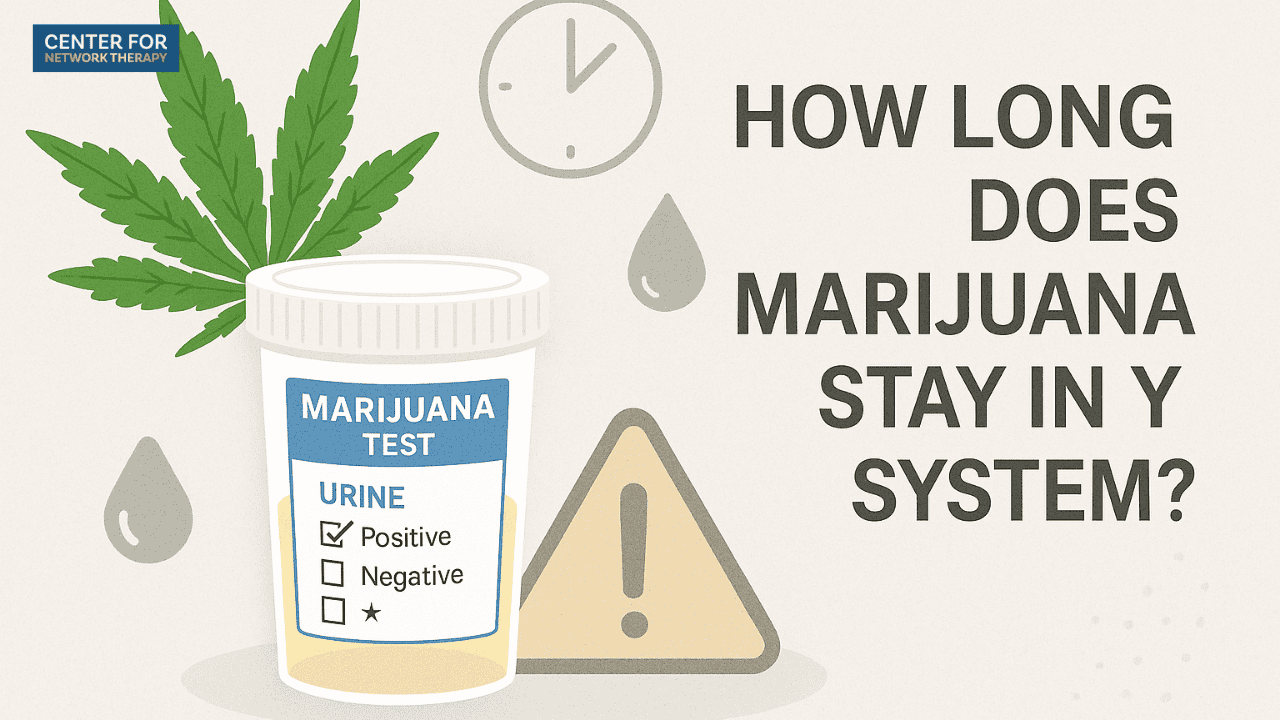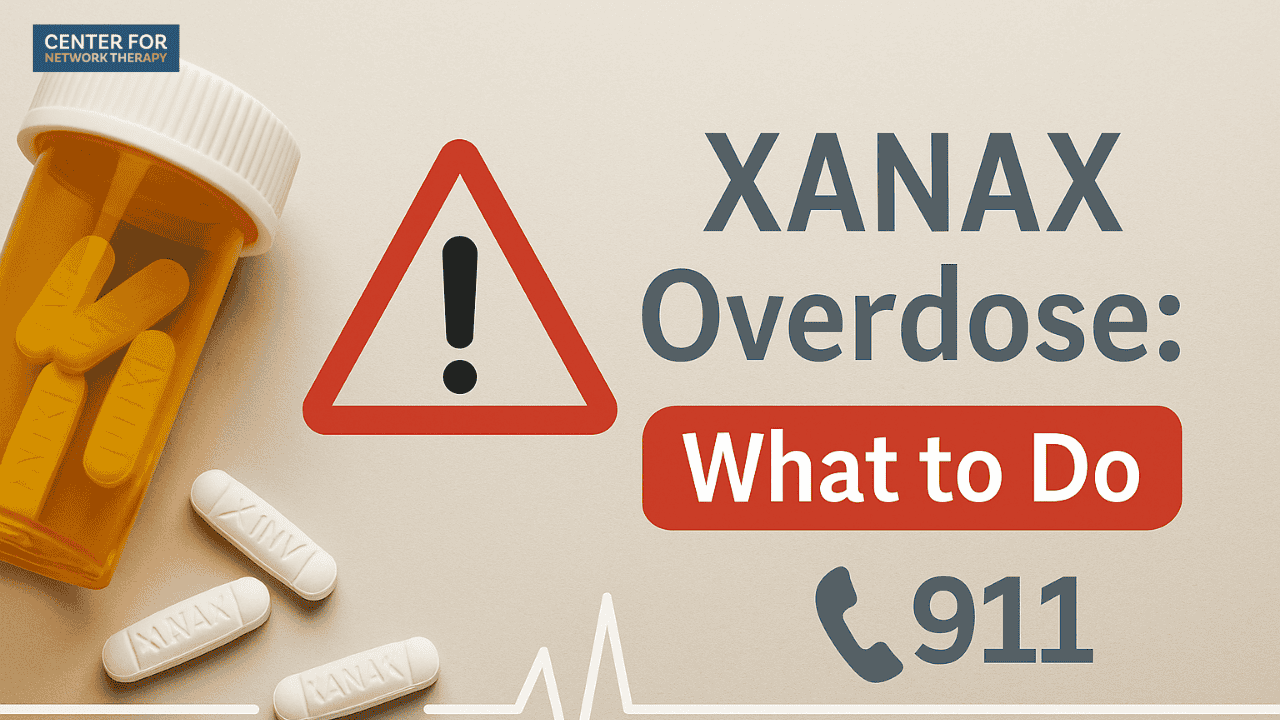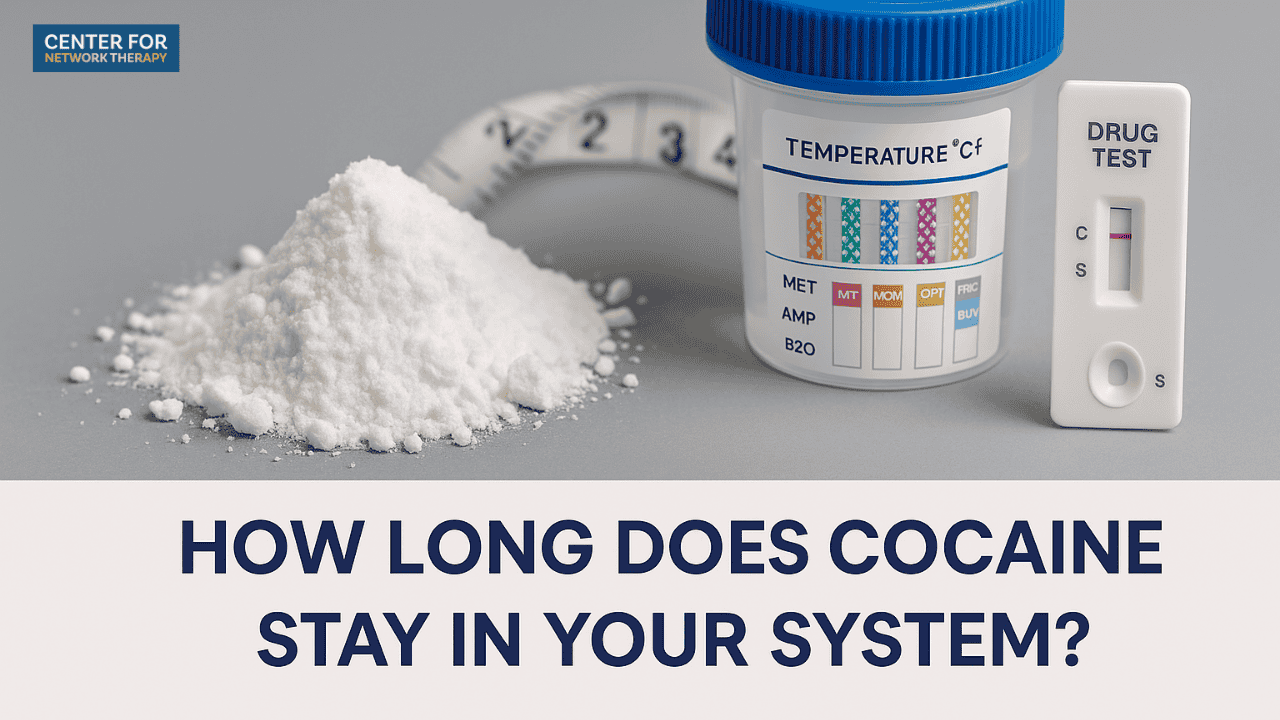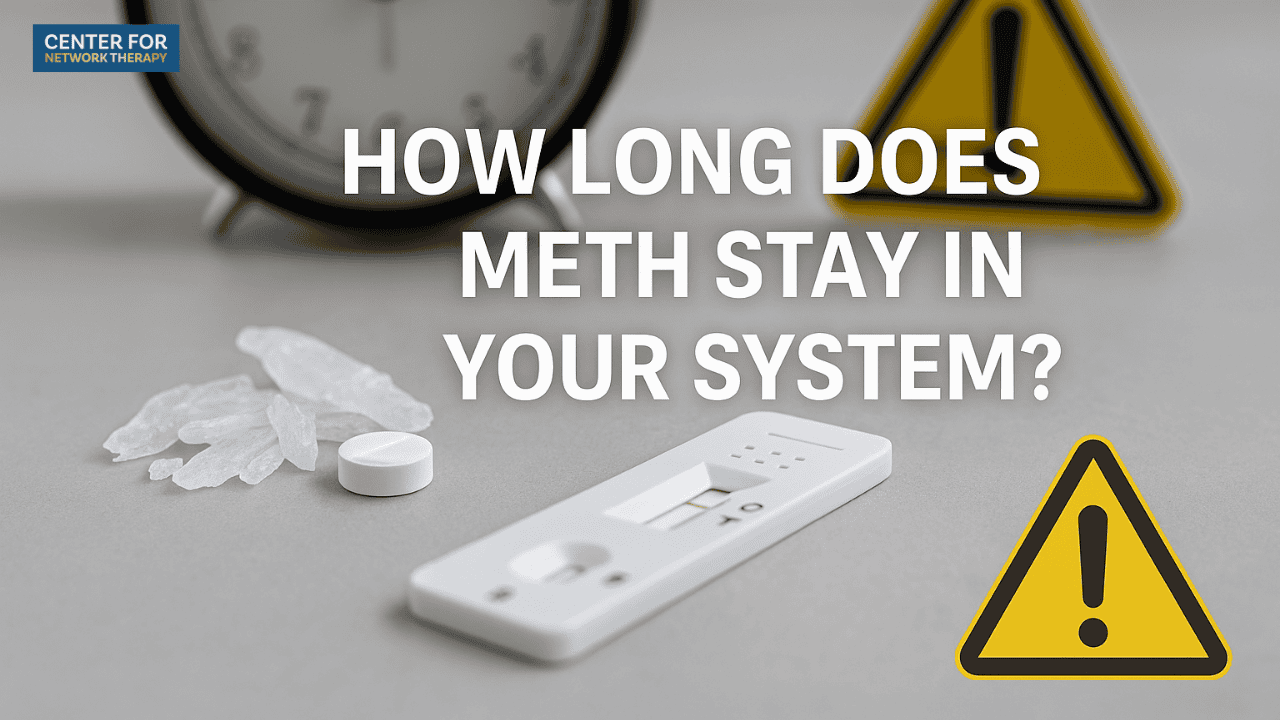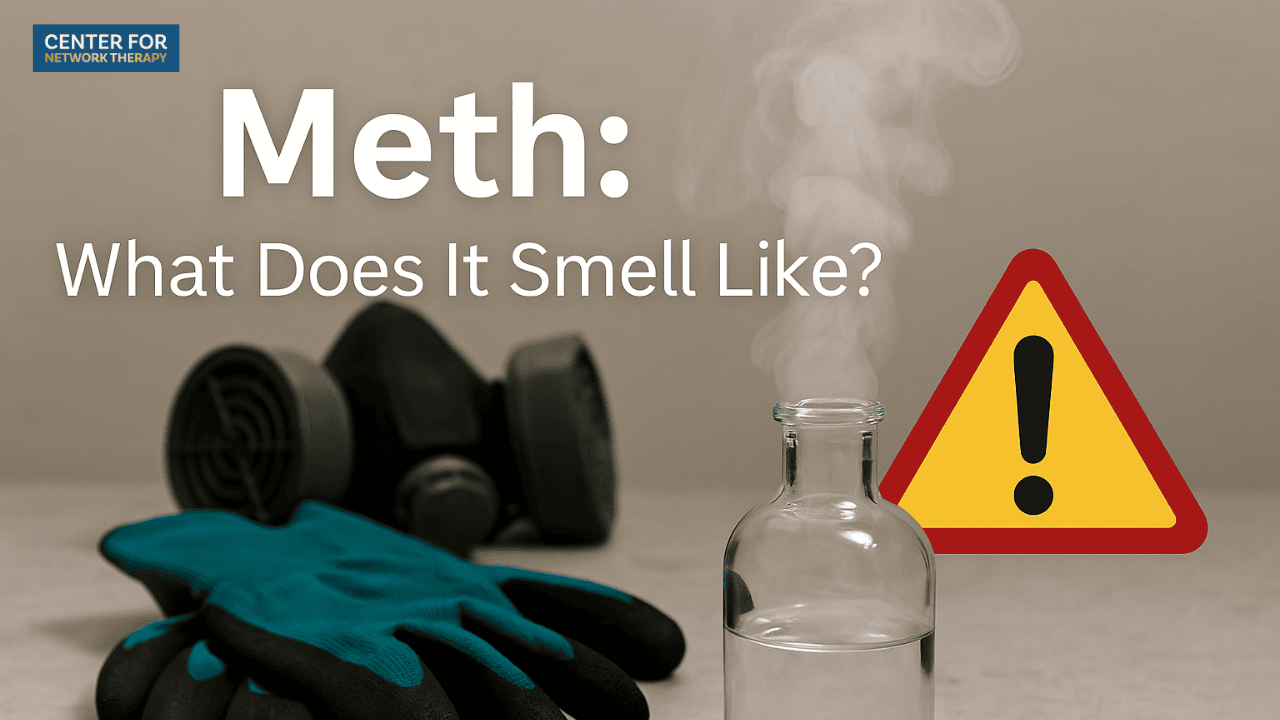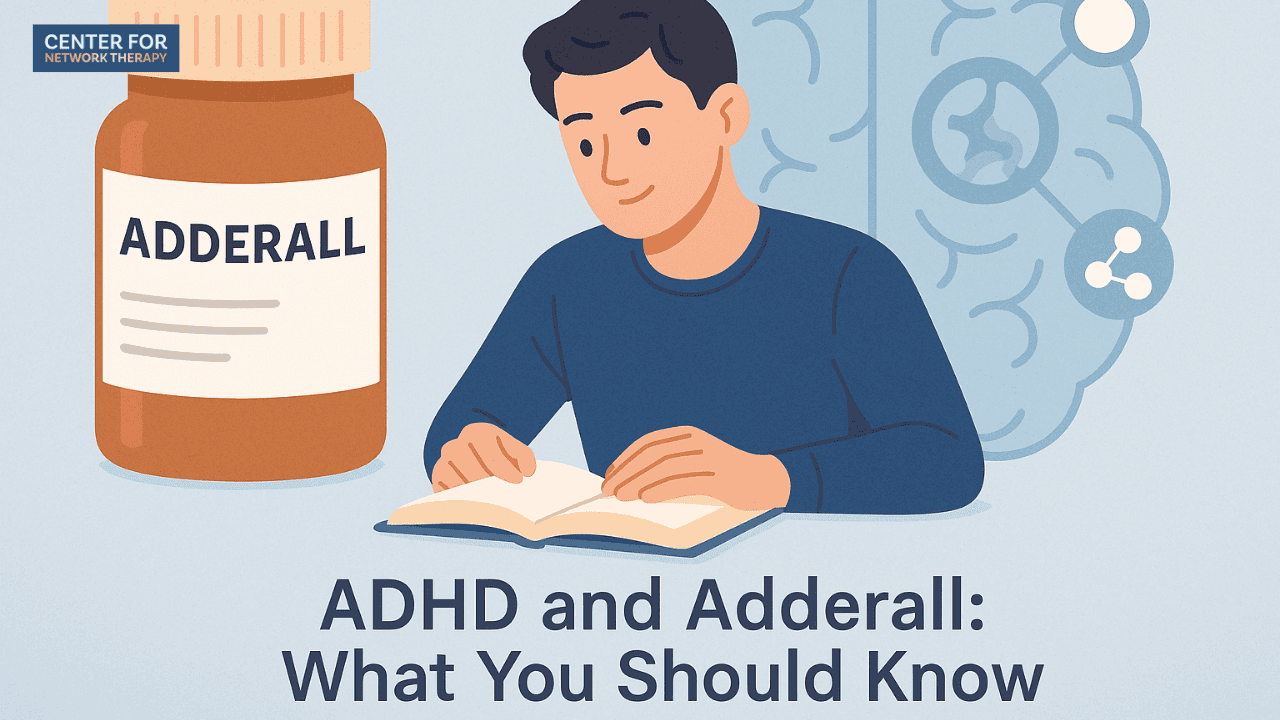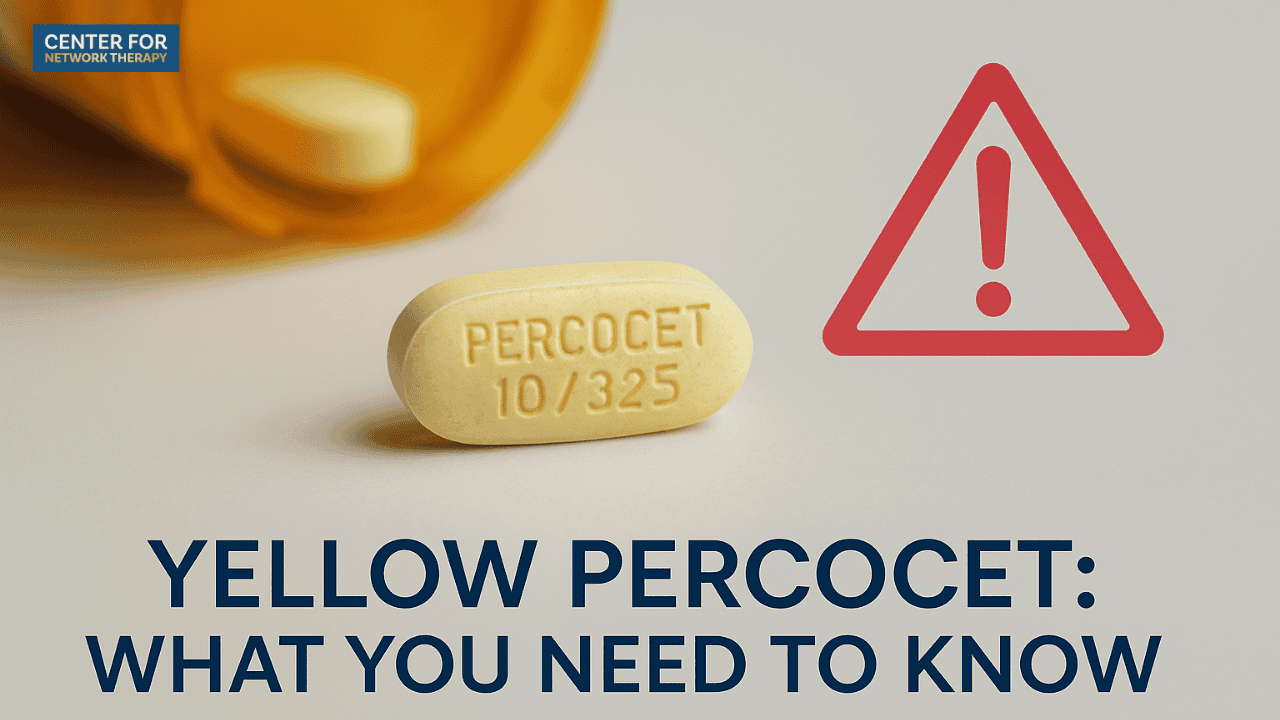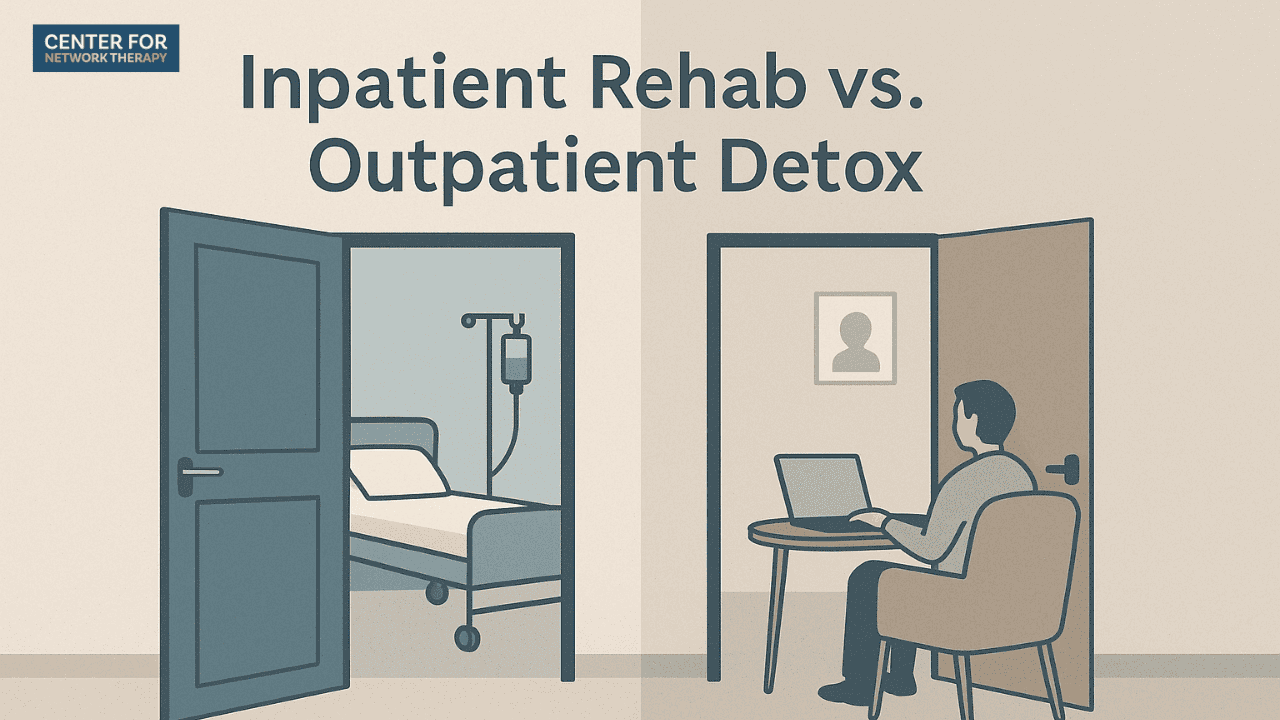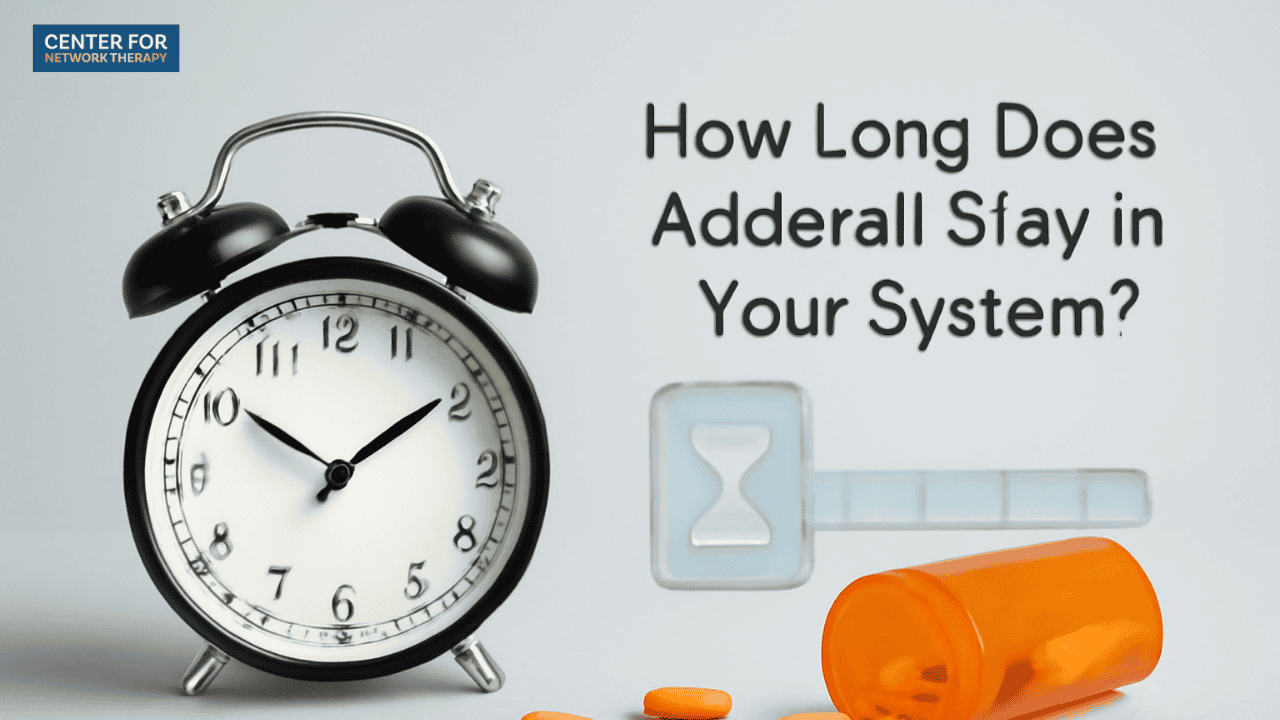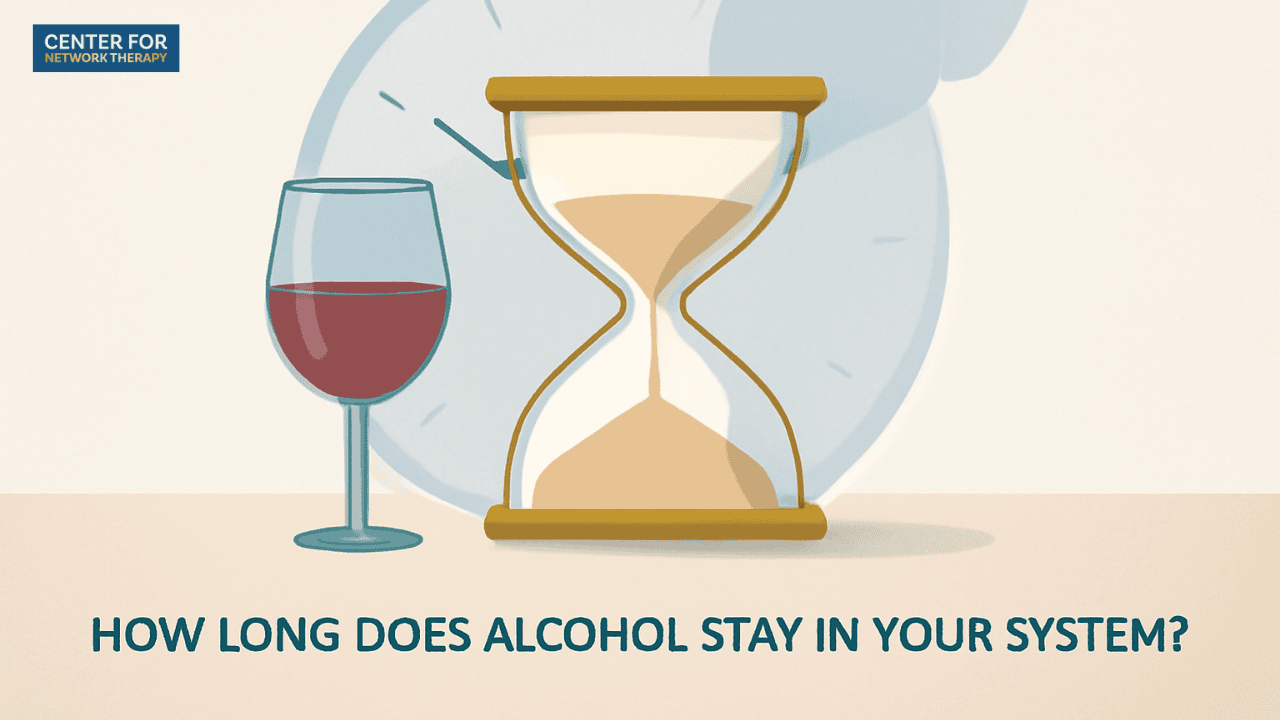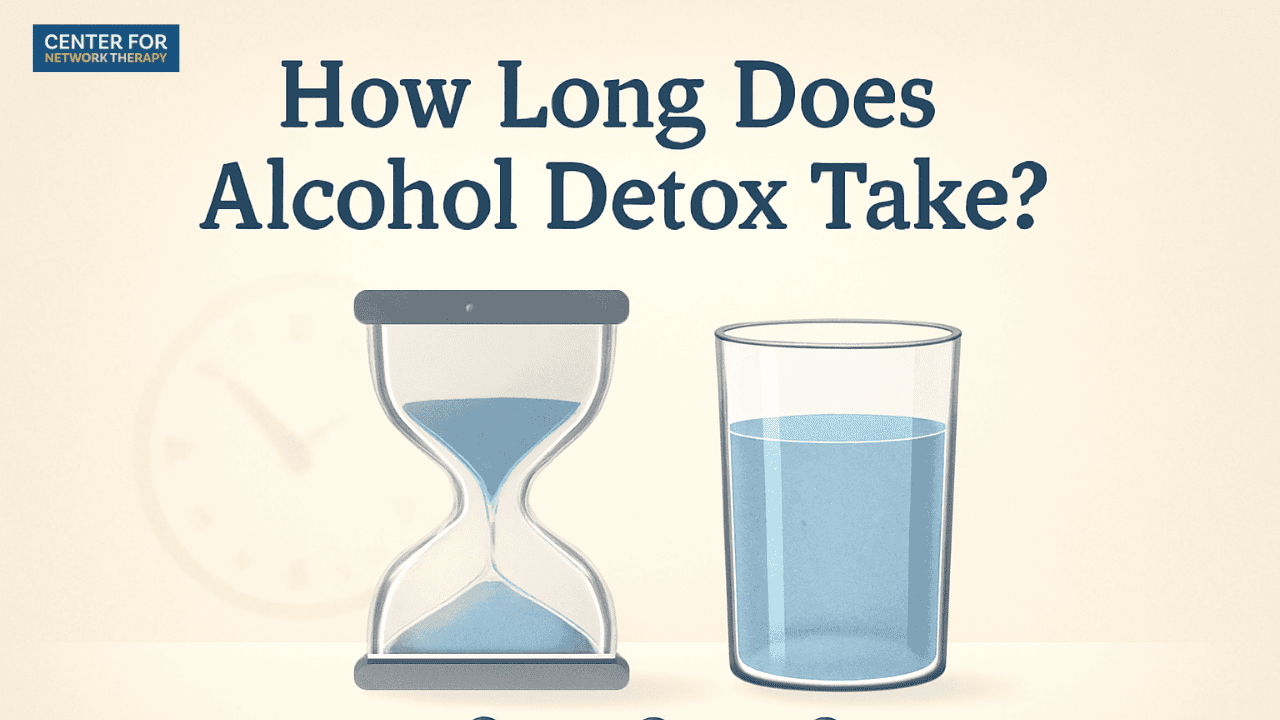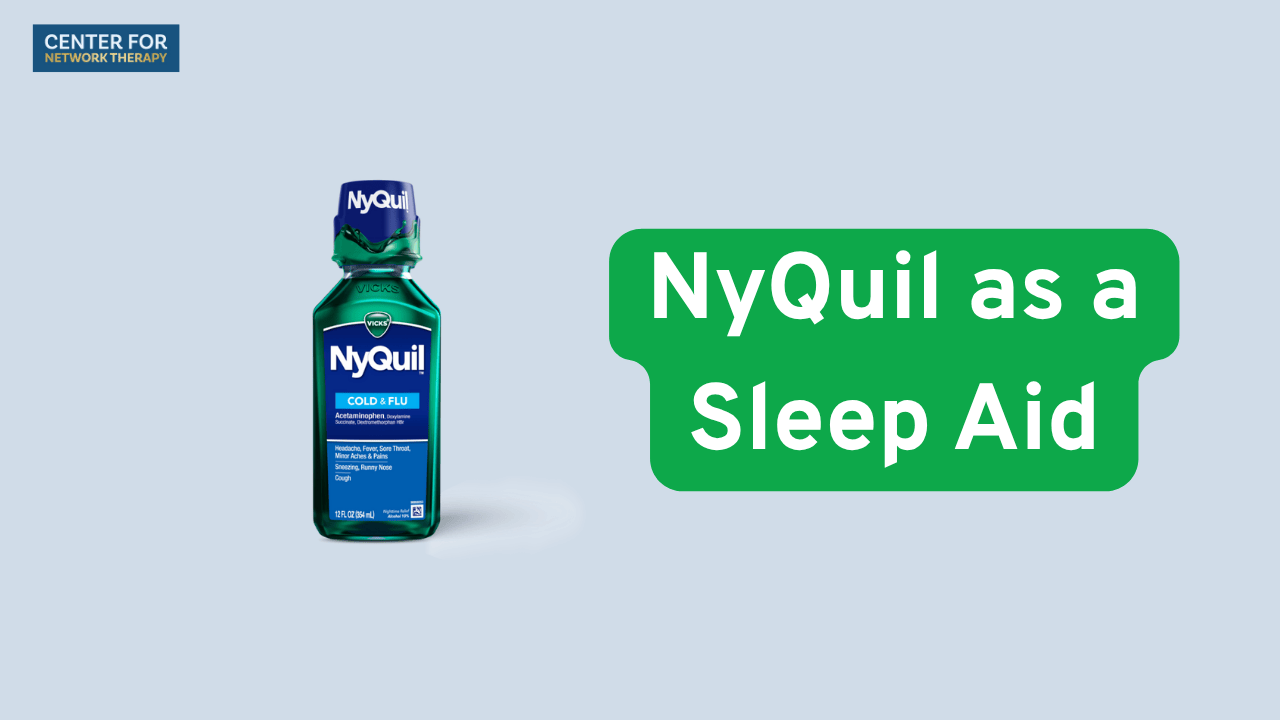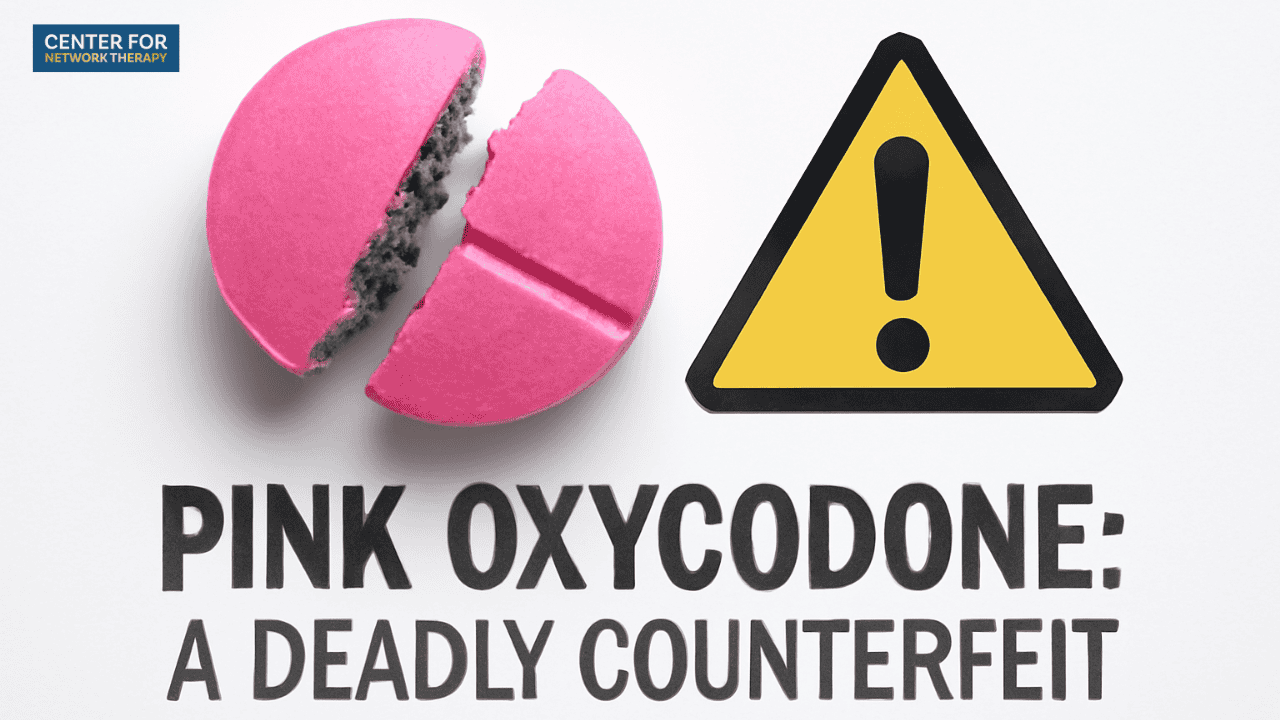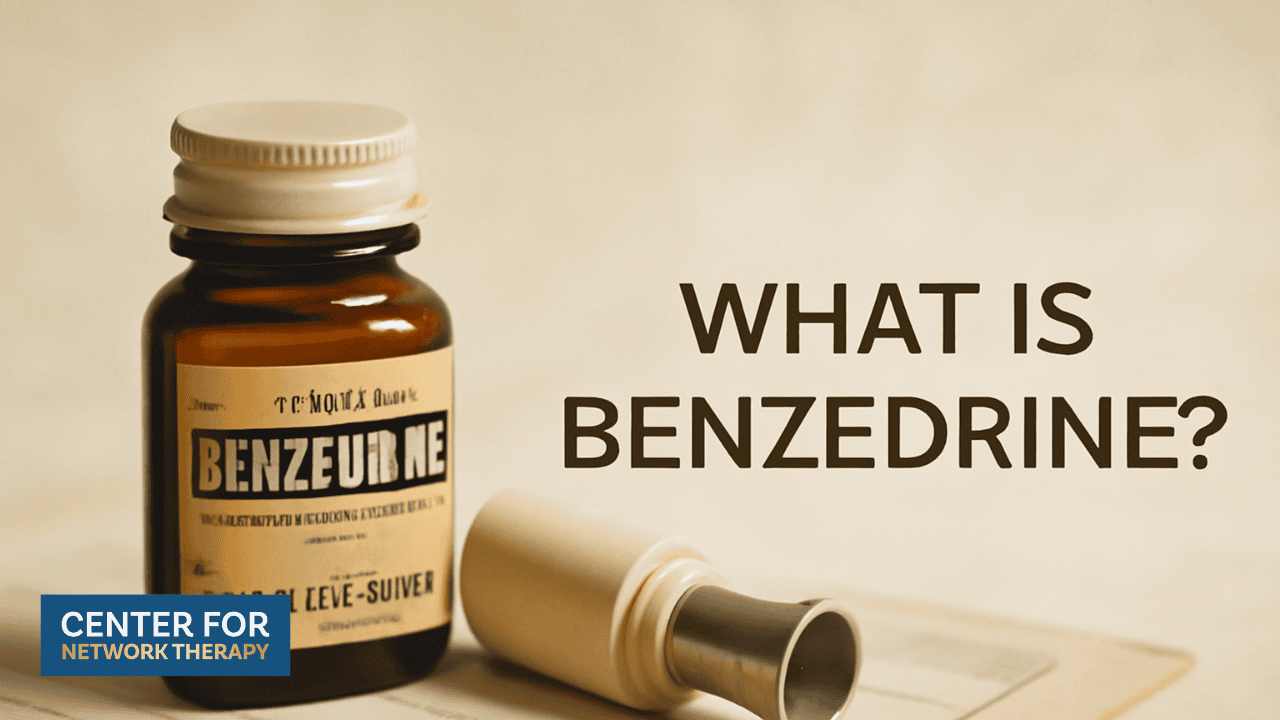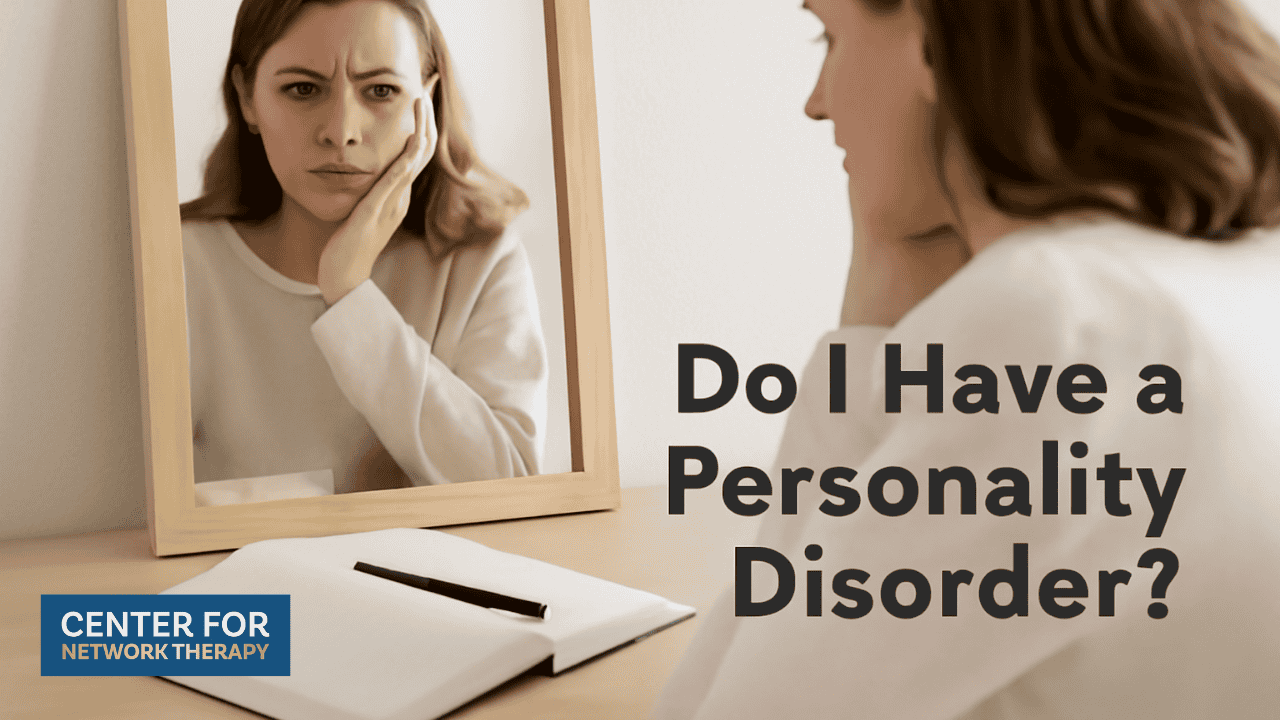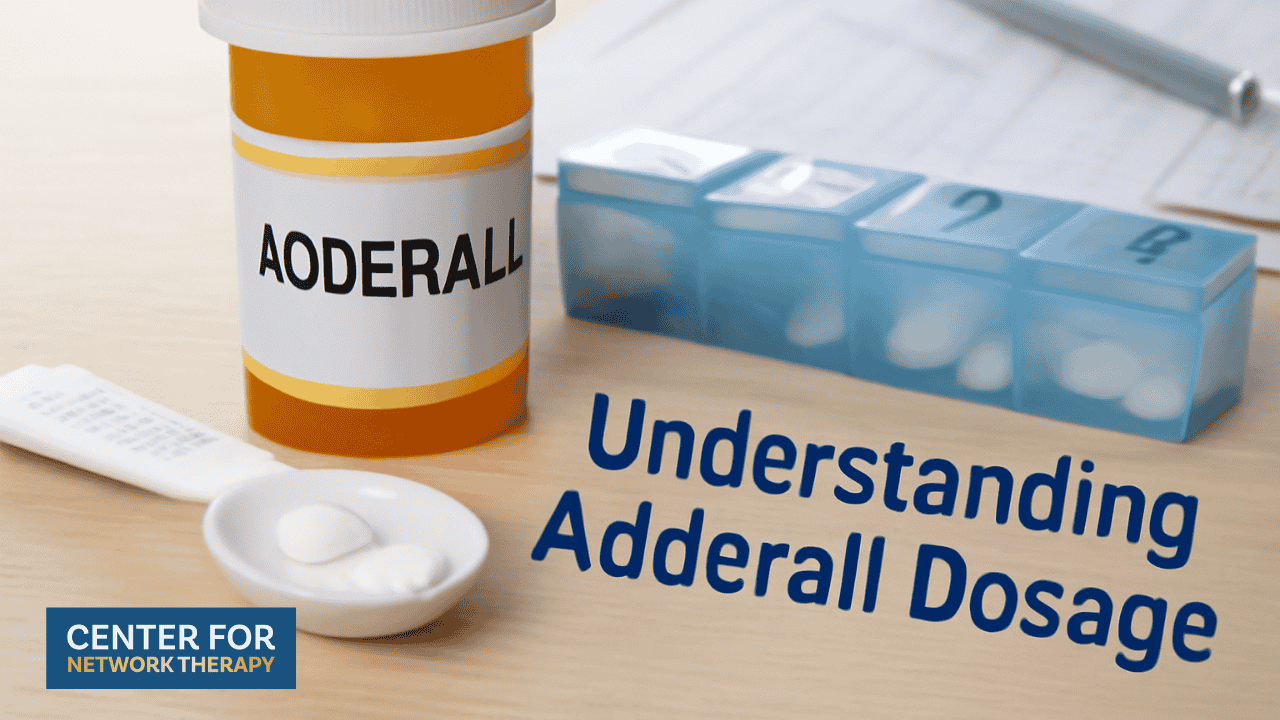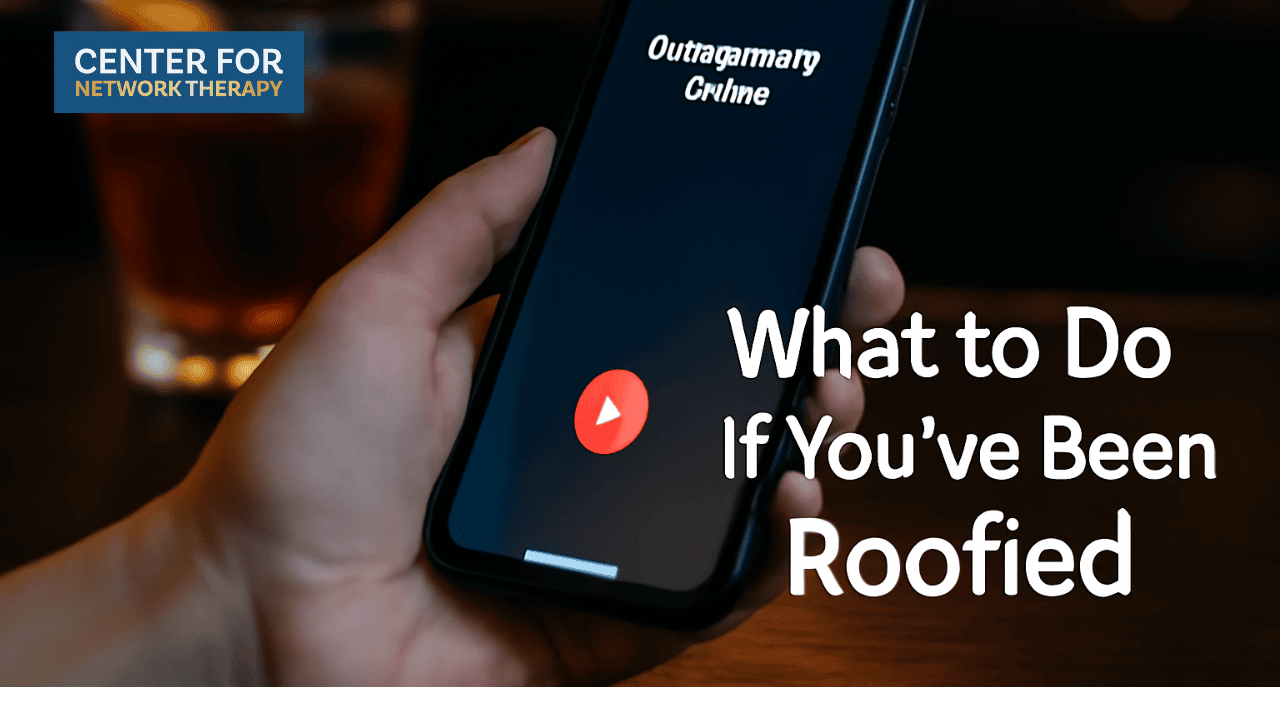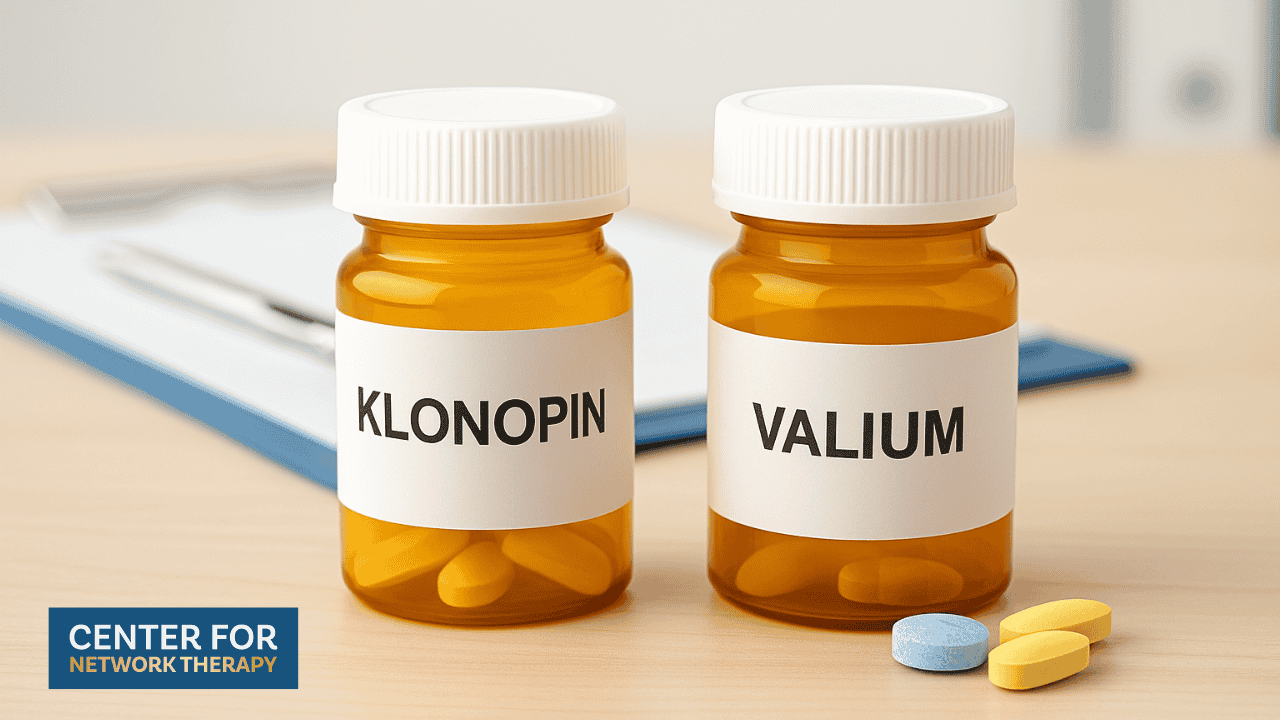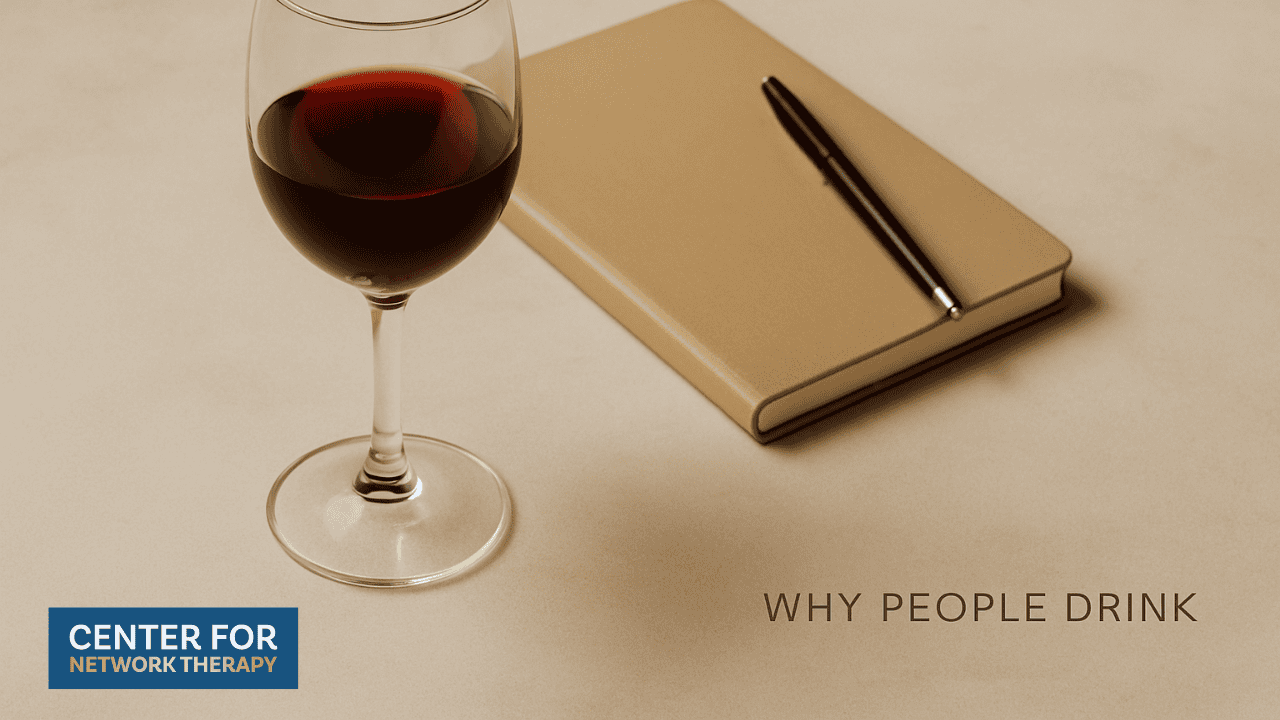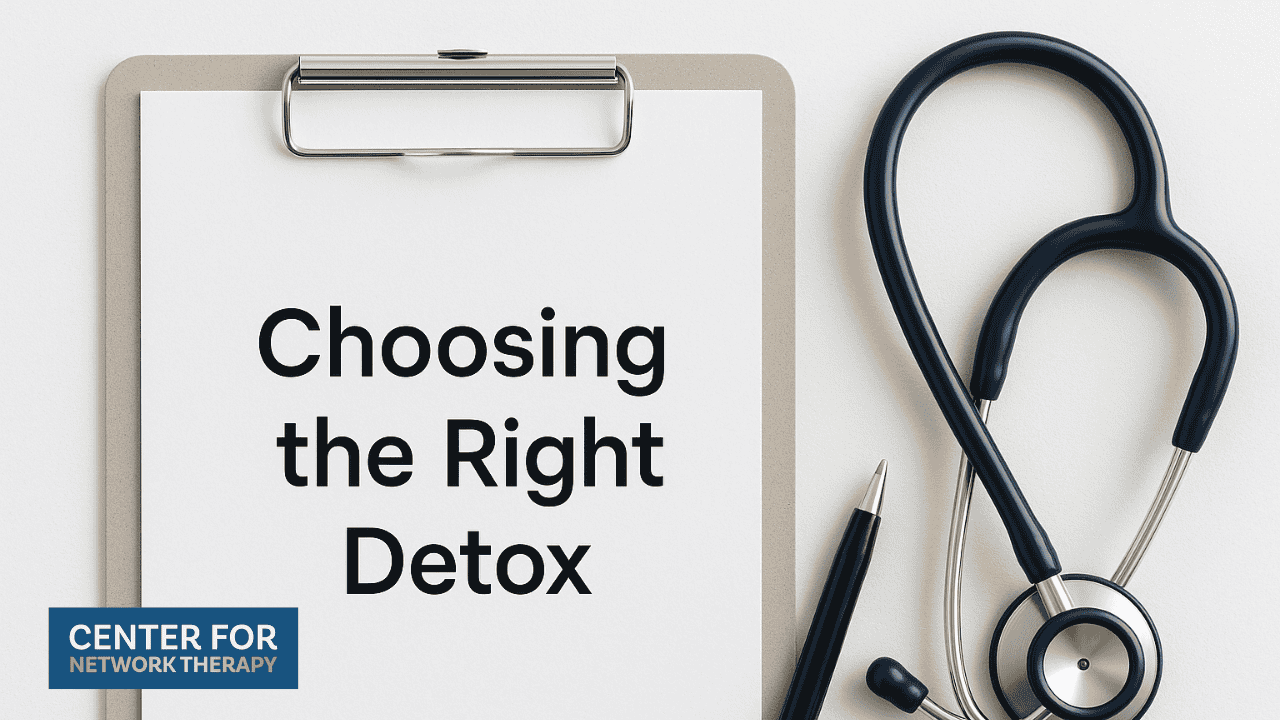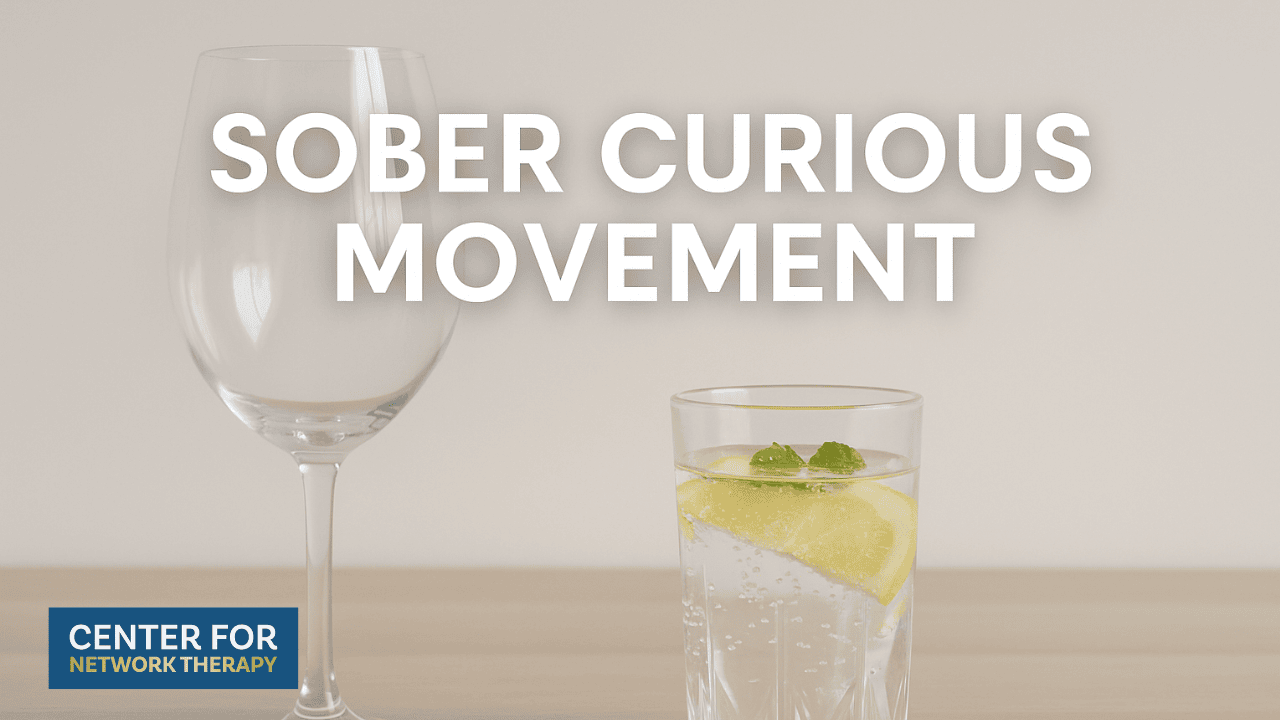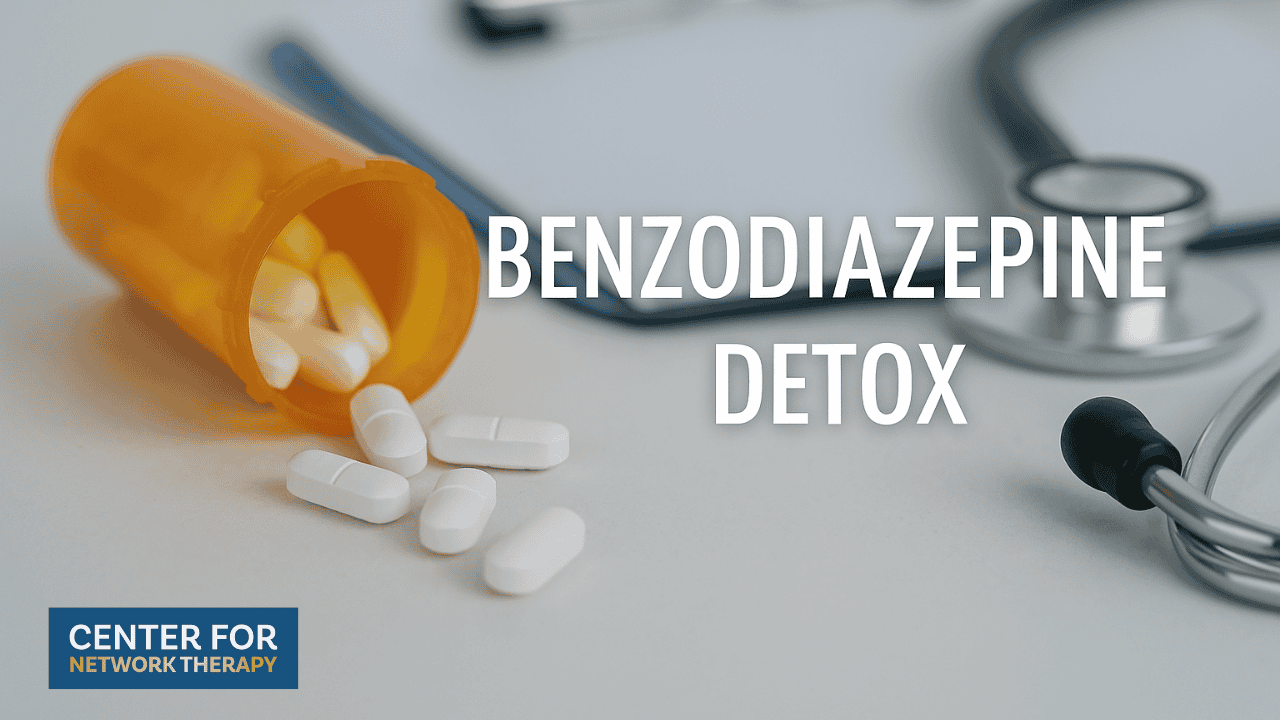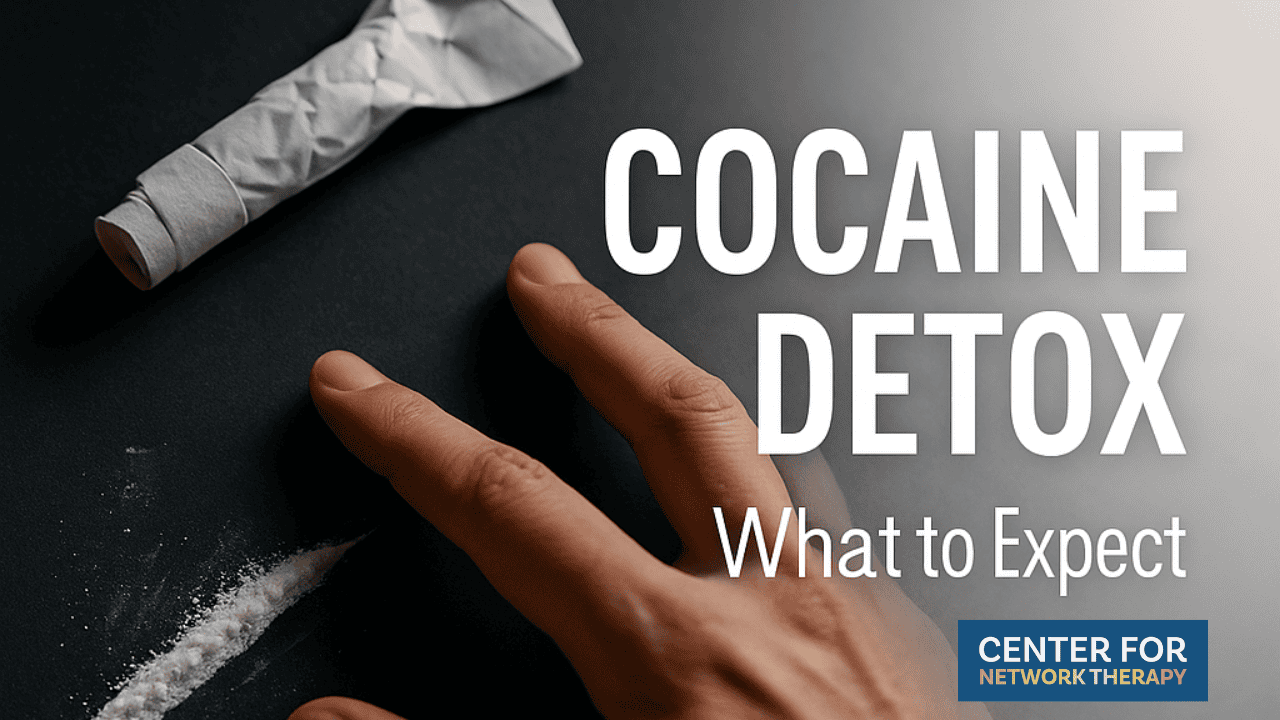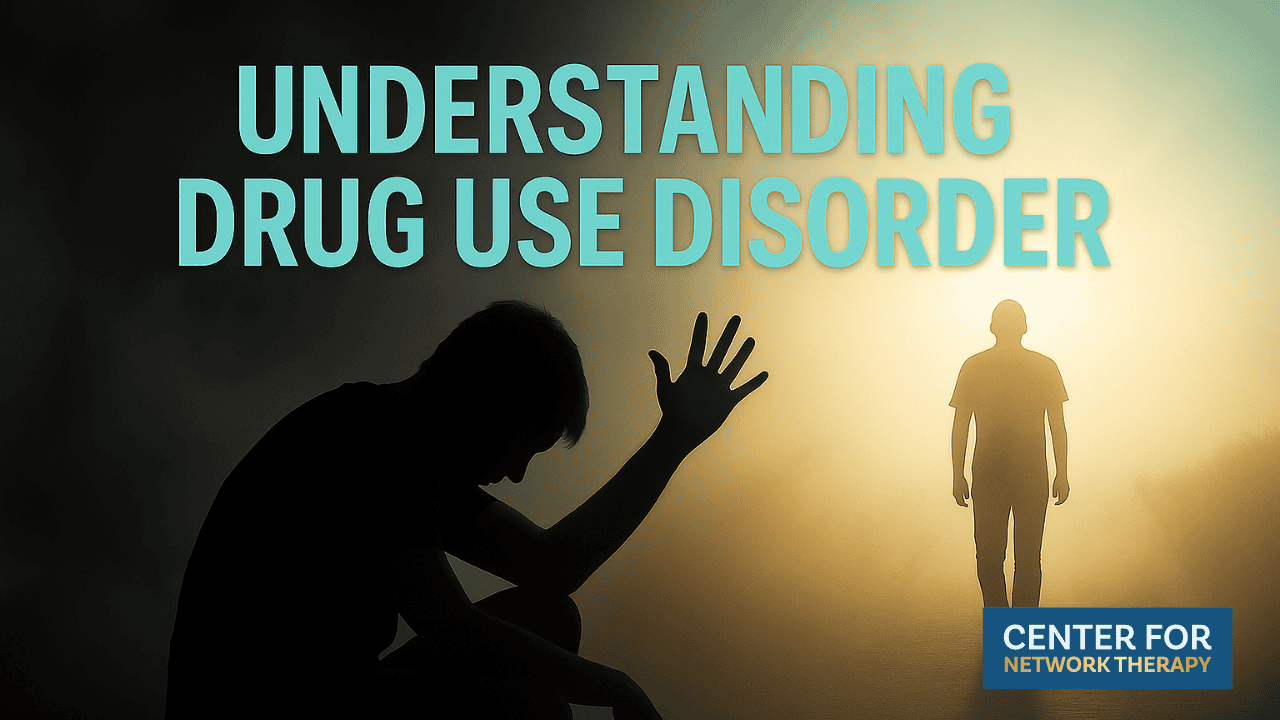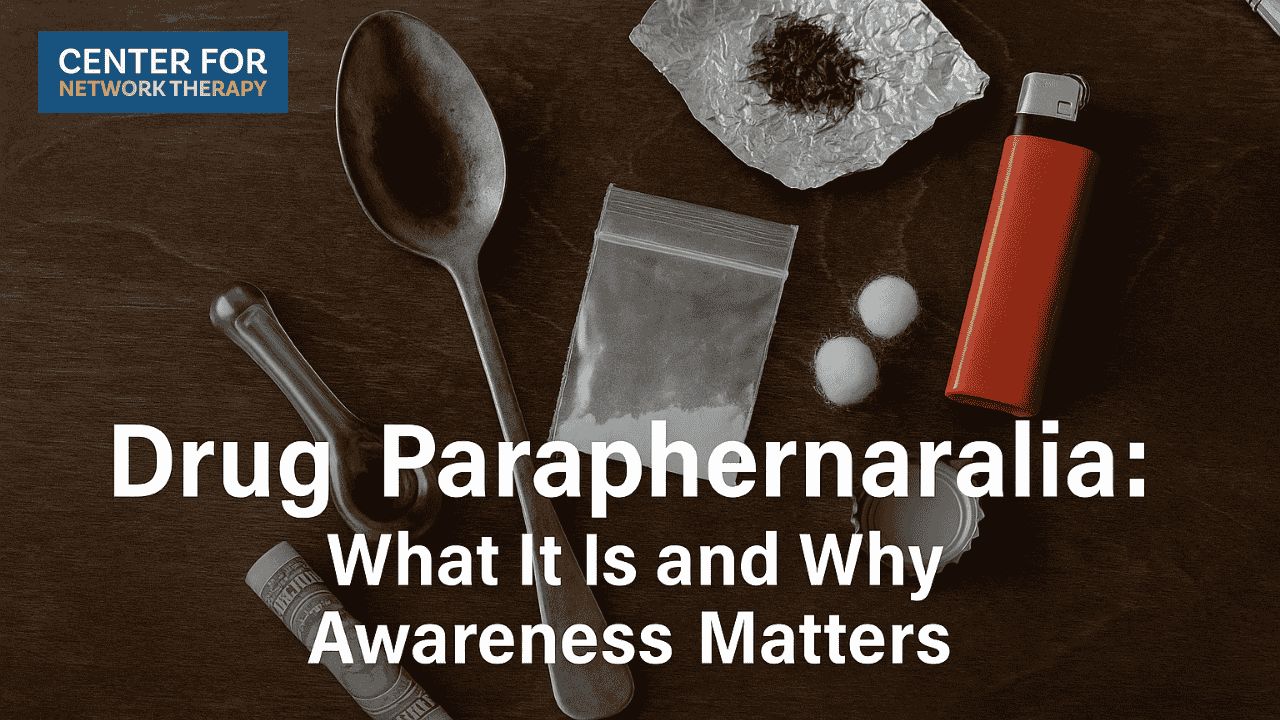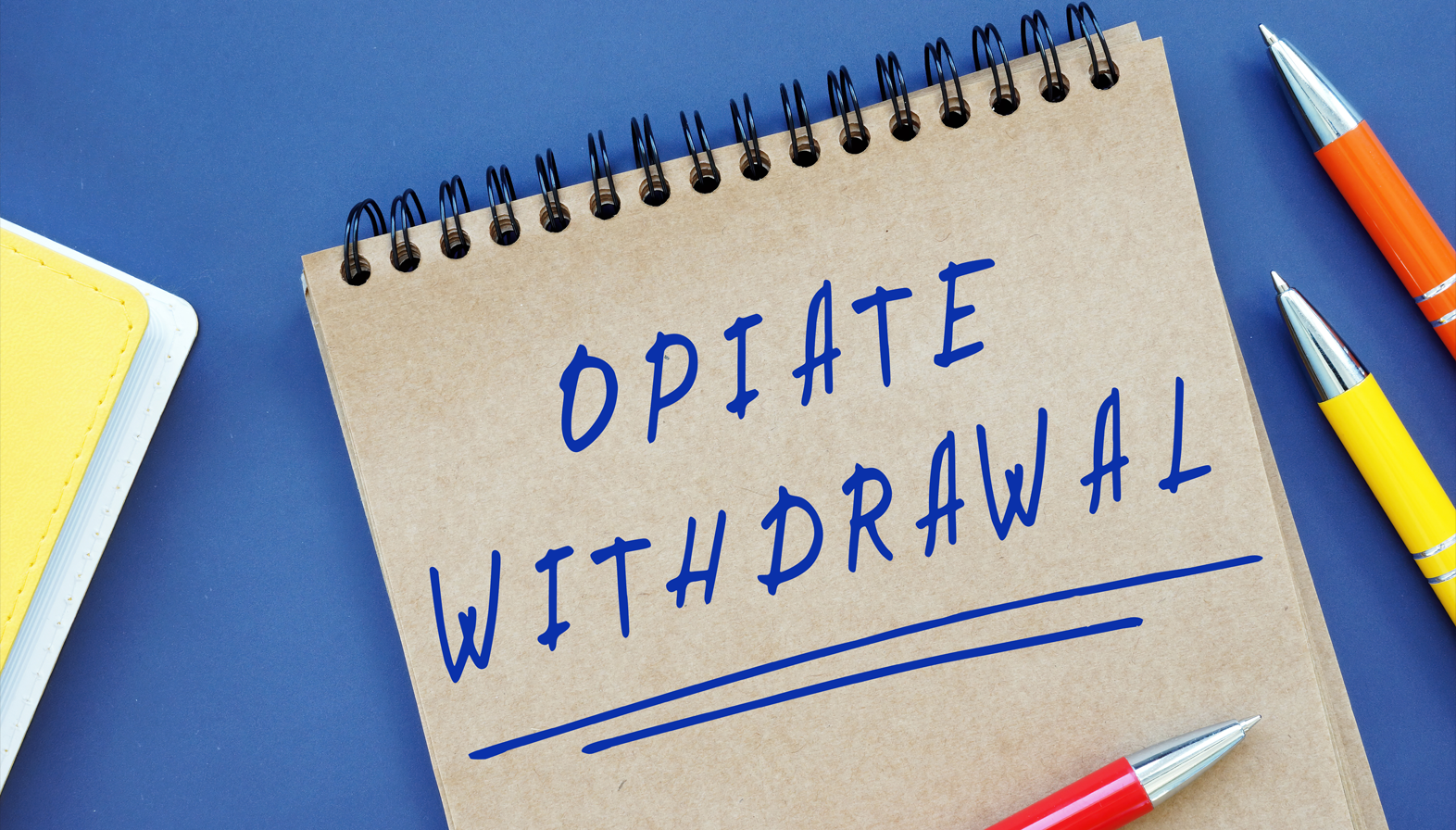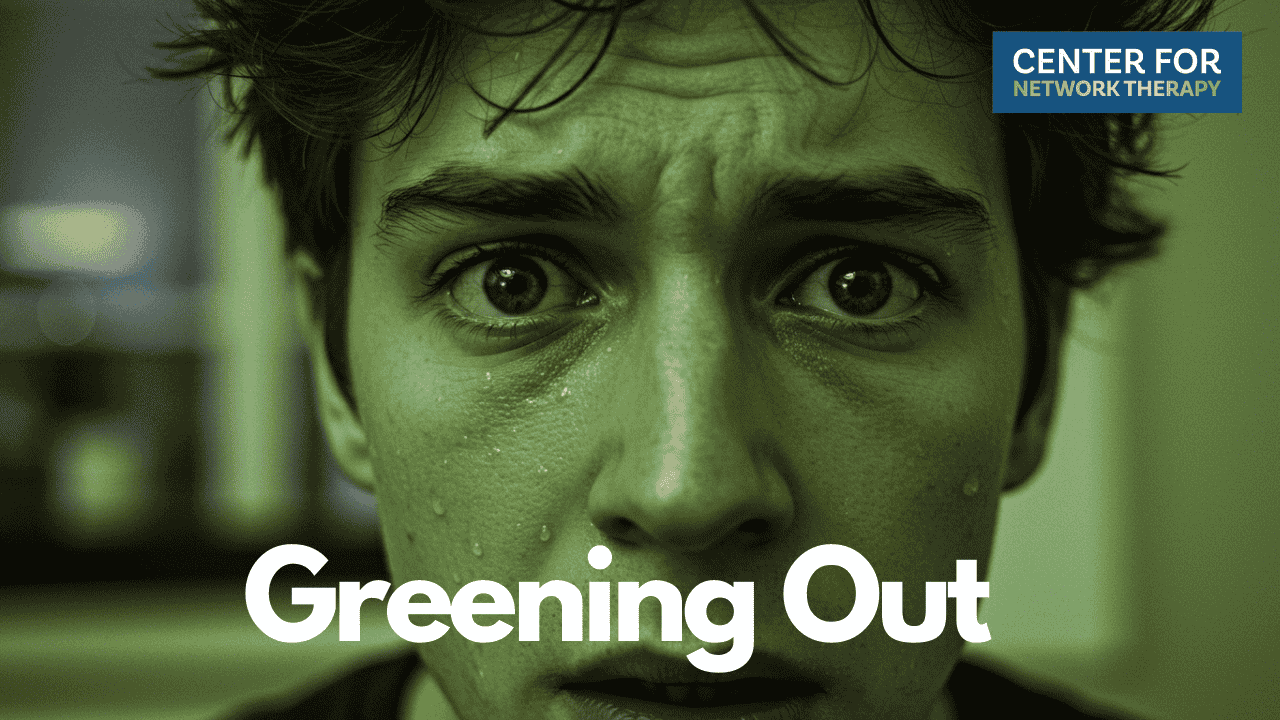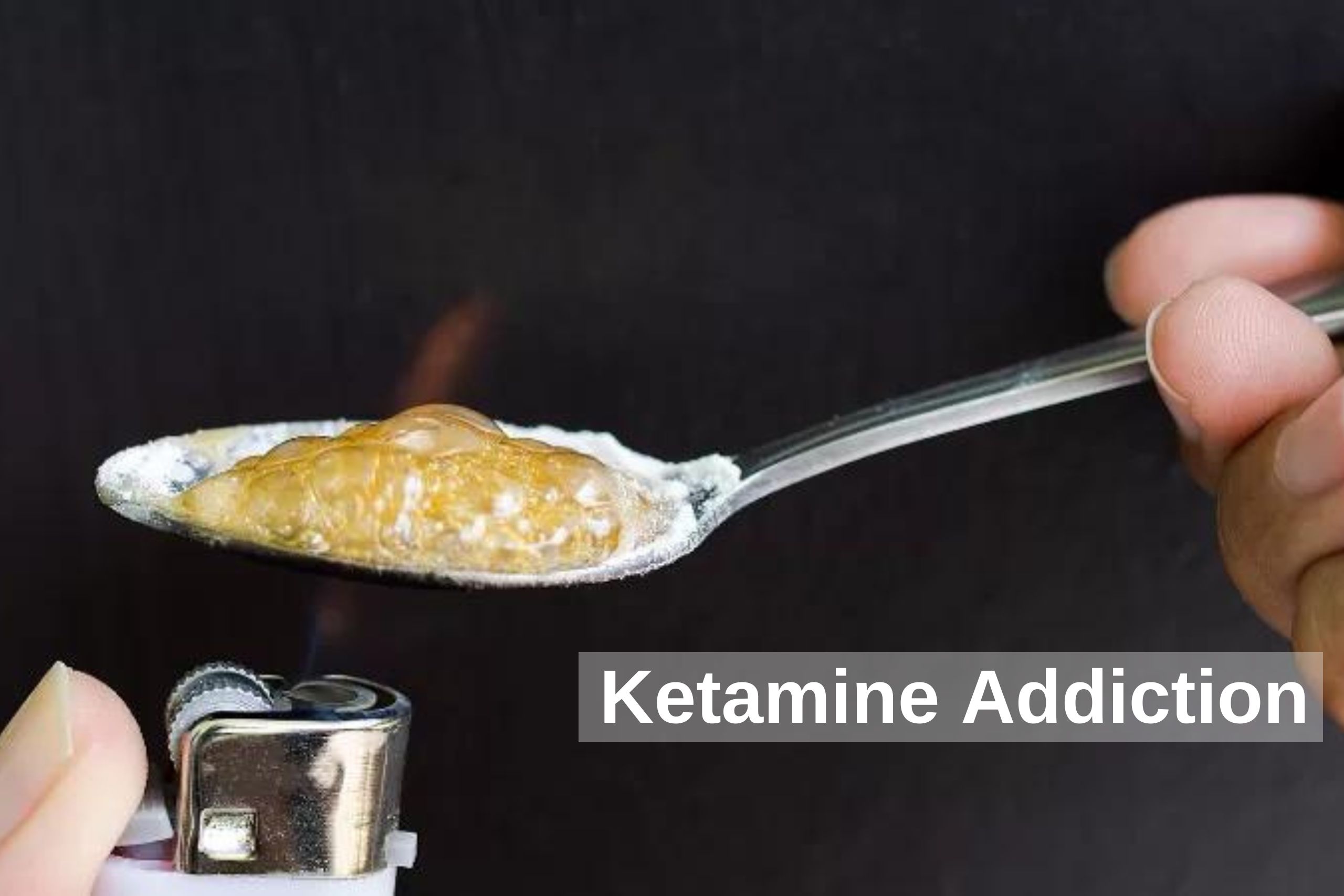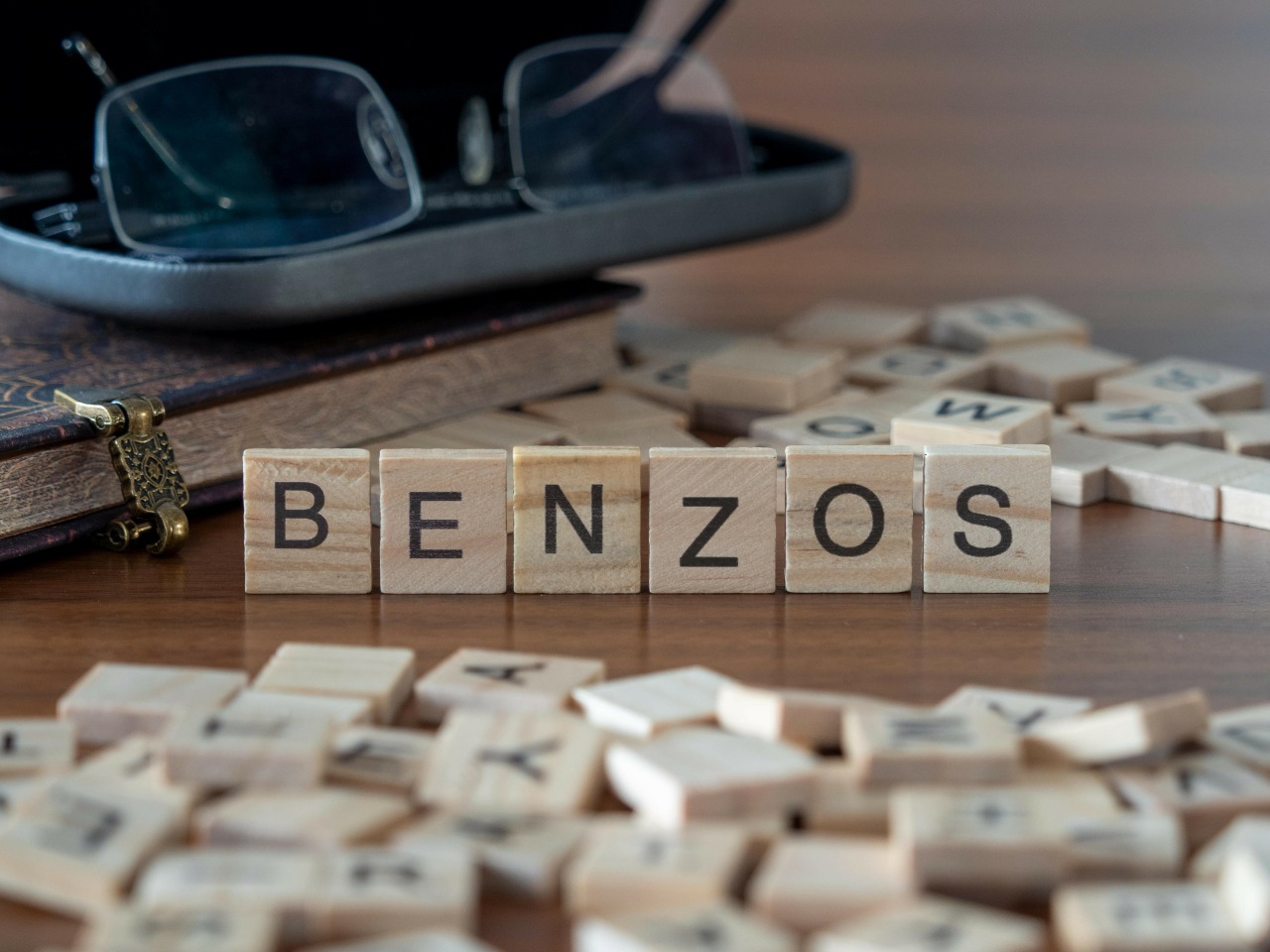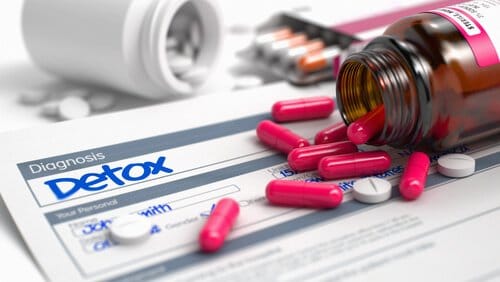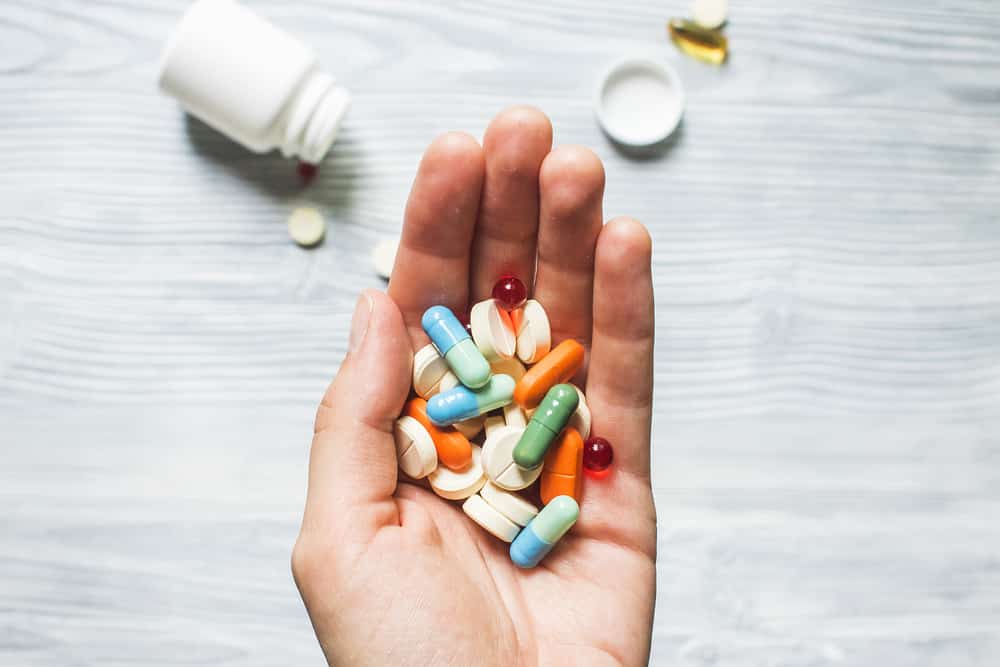Addiction among Executive Directors & Investment Bankers:
High expectations and intense competition to get ahead drives young investment bankers and executives, including executive directors, to abuse caffeine, energy drinks, prescription medications and drugs to work 80-hour weeks. The excessive use of nicotine pouches such as Zyn, and Monsterbombs (an extra-strength 5-hour energy shot dropped into a glass filled with Monster Energy, chugged in one gulp) is not uncommon. None of their colleagues would even blink an eyelid if they, for example, snorted a line of crushed Adderall at their work desk!
Indeed 14 million people were prescribed Adderall in 2022, up 26% from 2012 as per the numbers provided to the justice department by pharmaceutical data firm, Iqvia, The explosion of online prescription services that took off during the pandemic has driven the surge in new prescriptions, particularly among adults. First-time Adderall prescriptions increased 27% for people aged 30-44 in 2024 as compared to 2021 according to medical insights firm Truveta.
Adderall and Vyvanse, both prescribed for ADHD, have a high potential for abuse and can be gateways to other drugs of abuse. Abuse can cause frenzied behavior and cardiac issues. The widespread use of drugs, stimulants and prescription medications can lead to lifelong dependencies. In certain professions these stimulants are as common as multivitamins!
Dependence sets in pretty quickly with intense use of stimulants such as Adderall and Vyvanse. It promotes isolating tendencies and makes people more withdrawn. As tolerance builds, people need to take more of the substance in order to get the same effect.
Accessing addiction treatment to detox off of these substances and learn relapse prevention strategies is of utmost importance, but executive directors and investment bankers do not have the luxury of checking out of work as they almost always are pressured by imminent deadlines they need to meet. Consequently, traditional inpatient tyreatment is inaccessible to them. Luckily, now there is an outpatient addiction treatment option that helps them take care of their addiction while not completely checing out of work. These programs run 9-2 leaving them with plenty of time during the day to catch up with their work. Additionally such Outpatient Detox programs allow patients to participate in conference calls and virtual meetings.
CNT specializes in treating executive directors and investment bankers and offers Outpatient Detox for all drugs, including stimulants, at 3 locations in New Jersey. We accept all private health insurance plans making it easy and cost effective to get addiction treatment.



